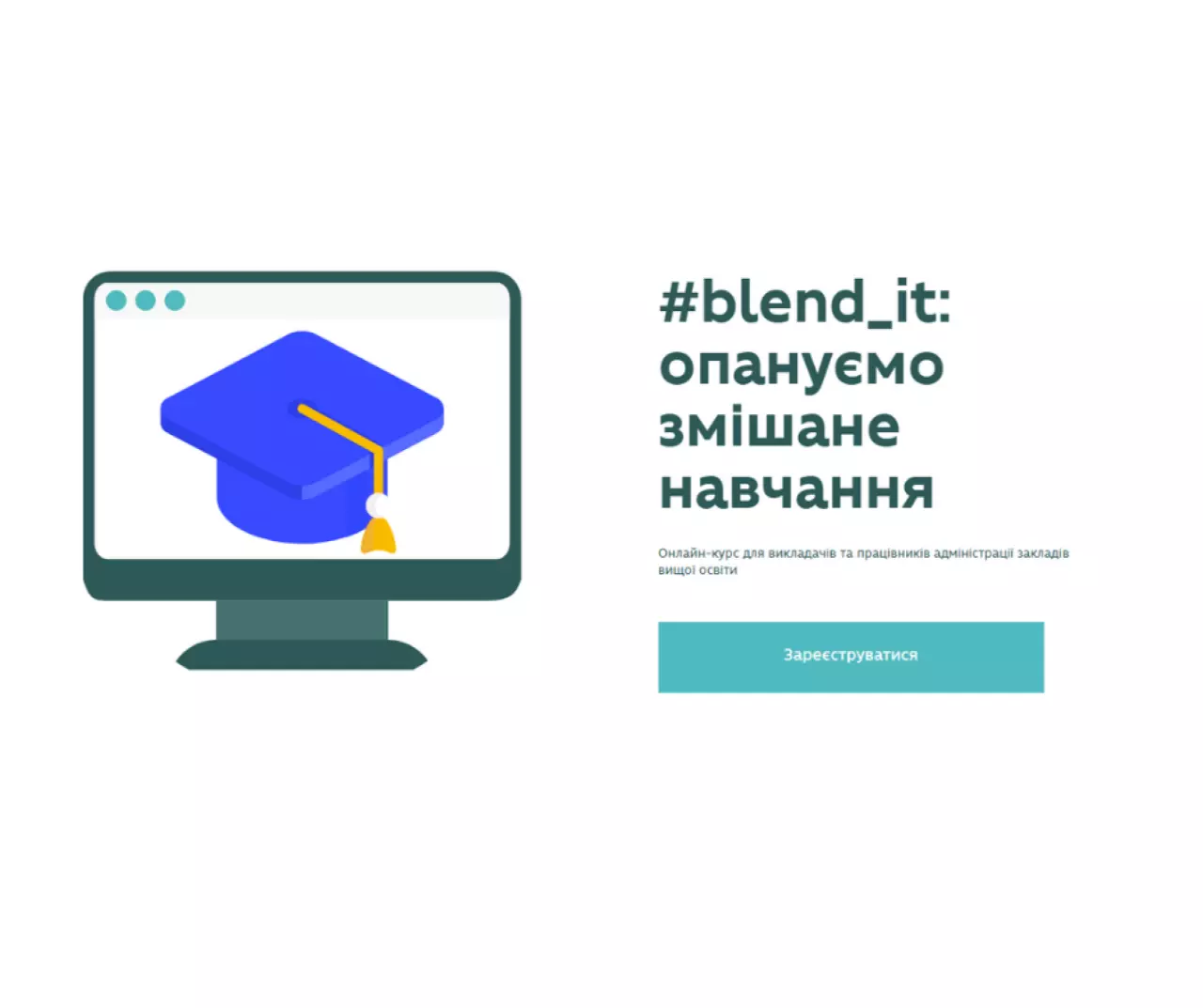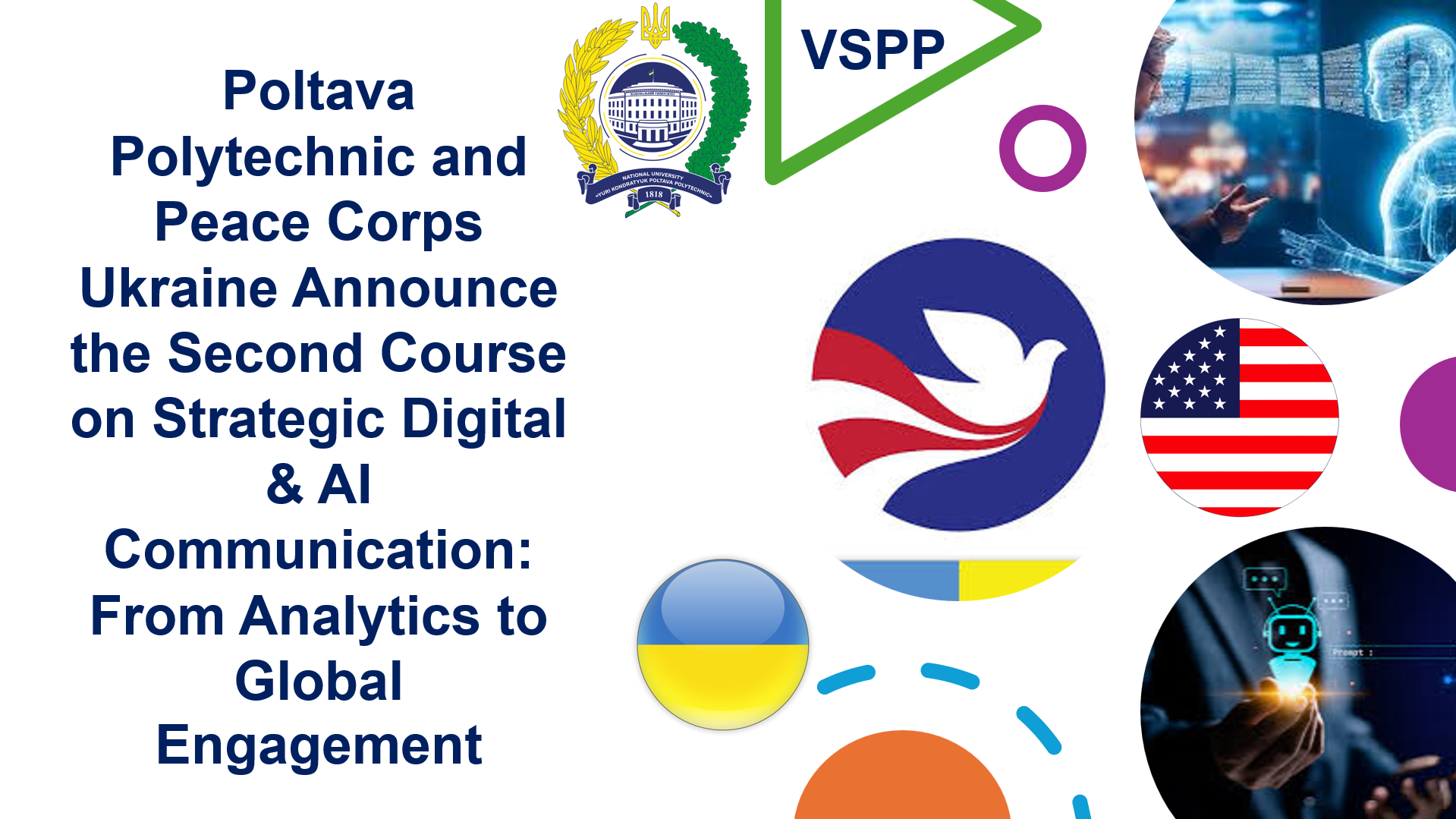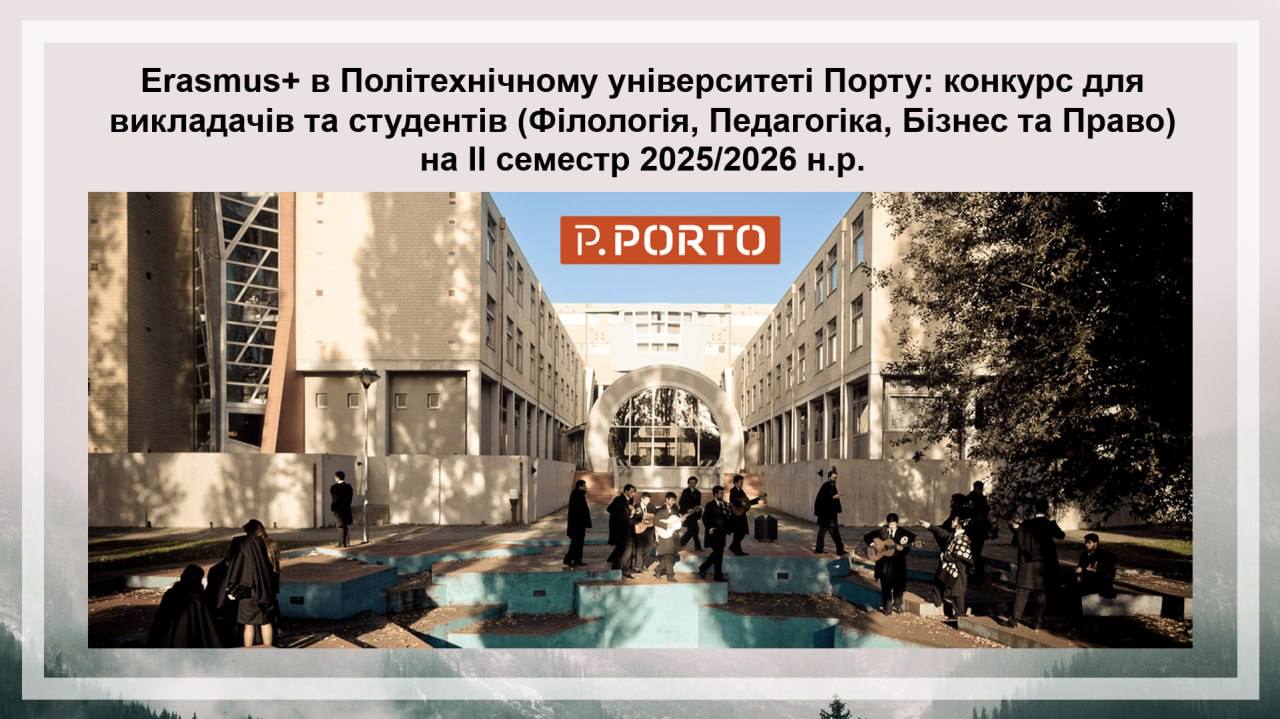Candidate of Philological Sciences, Associate Professor of the Department of Germanic Philology and Translation Anna Pavelieva and lecturer of the Department of Germanic Philology and Translation Svitlana Mangura successfully mastered 12 modules of the course "#blend_it. We will master blended learning" about the theory of blended learning and practical tools for its implementation in the educational process, passed the final test and received certificates.
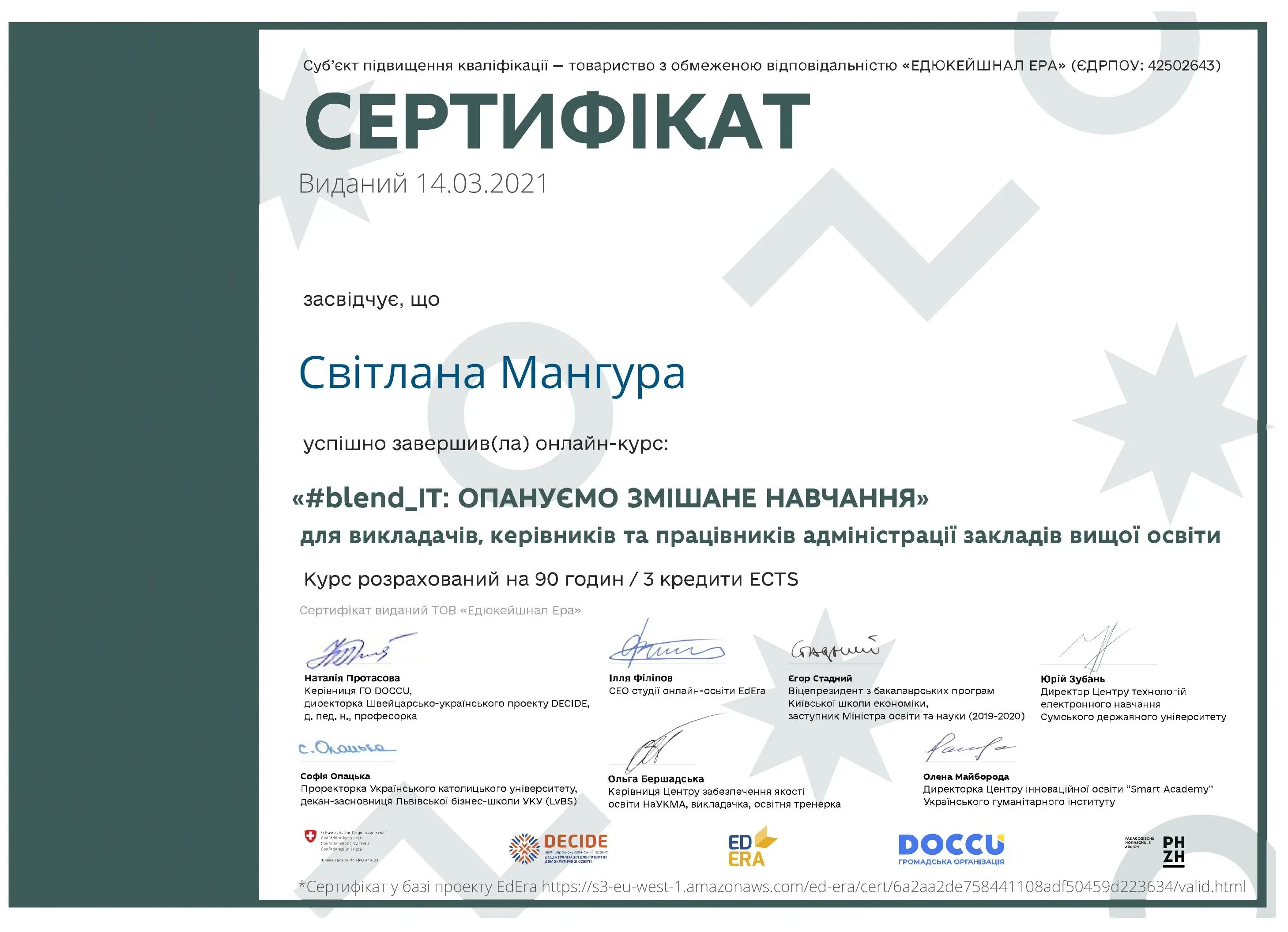
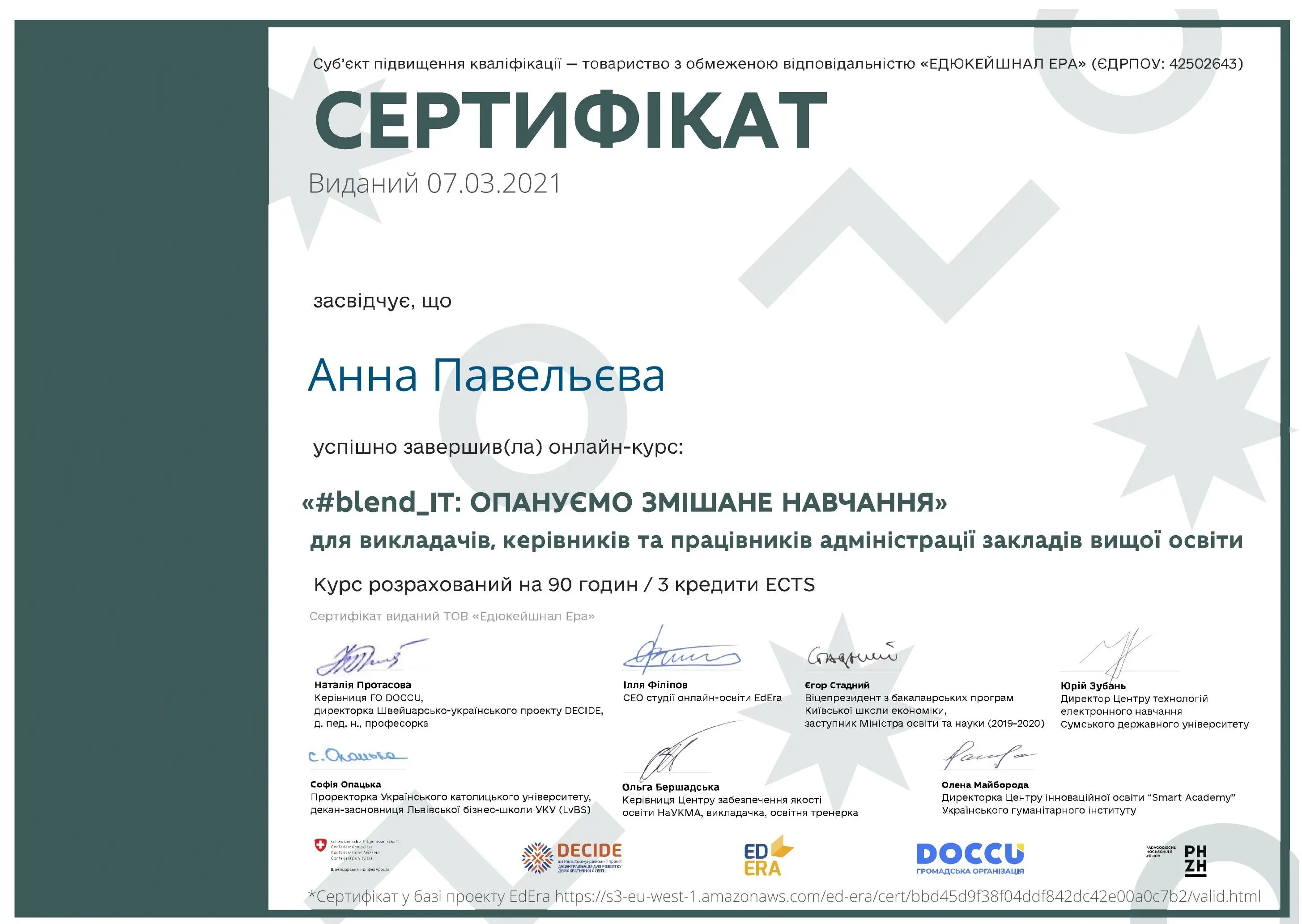
The admission for training was announced in February. The course was developed by the Online Education Studio EdEra with the support of Switzerland within the Swiss-Ukrainian project DECIDE – "Decentralization for the Development of Democratic Education", implemented by the Consortium of NGO "DOCCU – Development of Civic Competences in Ukraine" and Zurich University of Teacher Education (PH Zurich, Switzerland).
“While performing practical tasks, we could evaluate and compare the effectiveness of various technological solutions in the educational process; learned the difference between the concepts of "interaction"/"learning activity", "technology"/"tool"/"learning platform", gave examples of the implementation of blended learning at the university, learned about the features of different tools of distance and blended education. Personally, I have learned a lot of interesting and useful things, in particular, about the question stems – question templates that can be used to attract students at different levels of thinking according to Bloom's taxonomy, and since the questions are divided into groups, lecturer will know exactly that he has involved thought processes not only at the levels of memory and comprehension, but also at higher levels.
The undeniable advantage of this course was that all theoretical material had to be consolidated by performing practical tasks. For example, an understanding of the same Bloom's taxonomy had to be proved by completing the Rubik's Cube task, where course participants were asked to imagine that they needed to teach students how to solve a Rubik's Cube puzzle (it is a goal) and review different options for formulating learning outcomes (that are indicators of that goal), which must meet three criteria: be measurable, related to the goal and be on the same cognitive level as the goal", – says Candidate of Philological Sciences, Associate Professor of the Department of Germanic Philology and Translation Anna Pavelieva.
The program of professional development for lecturers and employees of the administration of higher education institutions "#blend_it. We will master blended learning", supported by the Ministry of Education and Science of Ukraine, is extremely relevant and useful in the conditions of quarantine and distance learning, the scientists emphasize. Therefore, the acquired useful knowledge and skills are implemented in their teaching and scientific activities.
"I liked the 5th module of the course the most, devoted to assessment – the element of the educational process that causes the most emotions from both students and lecturers. In previous modules, it was said that assessment should be consistent with expected learning outcomes and learning activities, and we, lecturers, must make sure that we evaluate the expected results and that we do not evaluate what was not formed in the educational process. The experience of student surveys shows that it is the inconsistency of assessment with the expected results and activities during the course that causes the most misunderstandings and conflicts. Therefore, this module considered two types of evaluation – formative and summative, which was supported by three practical tasks – the editor of learning outcomes, the choice of summative assessment activities and the passage of the assessment matrix, taking into account the results of training, cognitive level and type of learning activity. The mutual evaluation task was also useful – it was necessary to create your own course, upload it to the platform and evaluate the courses of fellow participants, who, in turn, evaluated and commented on our courses. Thus, I have learned a lot of ideas for creating my own educational courses and received constructive advice from lecturers from other universities in Ukraine," – says a lecturer at the Department of Germanic Philology and Translation Svitlana Manhura.
After completing the course, our lecturers learned how to:
- evaluate and compare the effectiveness of various technological solutions in the educational process;
- features of using different tools in teaching and choose your own set of such tools;
- formulate learning outcomes for your course;
- create an evaluating matrix for your course;
- get acquainted with the list of steps needed to improve the student experience;
- formulate a plan to increase student engagement in their course;
- increase the availability of educational content for your course and minimize the risks of cyberbullying;
- choose open resources for your course and create your own open resource;
- choose a strategy for communication with students, taking into account the advantages and challenges of a blended format;
- create a plan of work on your course in the future;
- formulate a suggestion for your higher educational institution on the implementation of blended learning.
Scientific and pedagogical staff of Poltava Polytechnic constantly work on self-improvement as well as deepening of professional knowledge and skills, participating in conferences and seminars, webinars, trainings, undergo educational and scientific courses, etc. In accordance with part six of Article 18 of the Law of Ukraine "On Complete General Secondary Education", professional development is the acquisition by a person of new and/or improvement of previously acquired competencies within a professional activity or field of knowledge. That is why it is extremely important that any forms and types of professional development chosen by a pedagogical staff really lead to the acquisition of new and/or improvement of existing competencies (knowledge, skills, abilities, etc.).

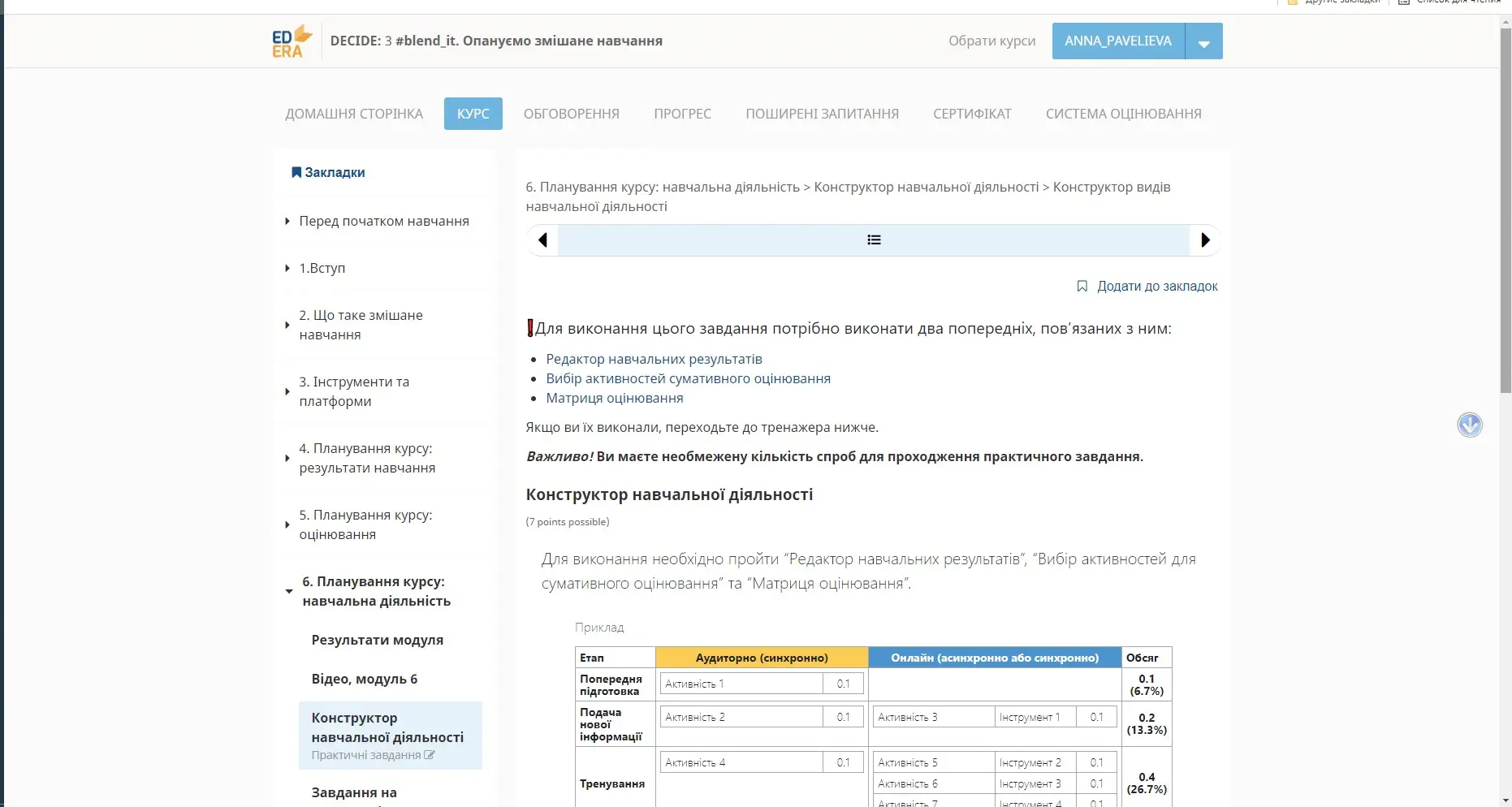
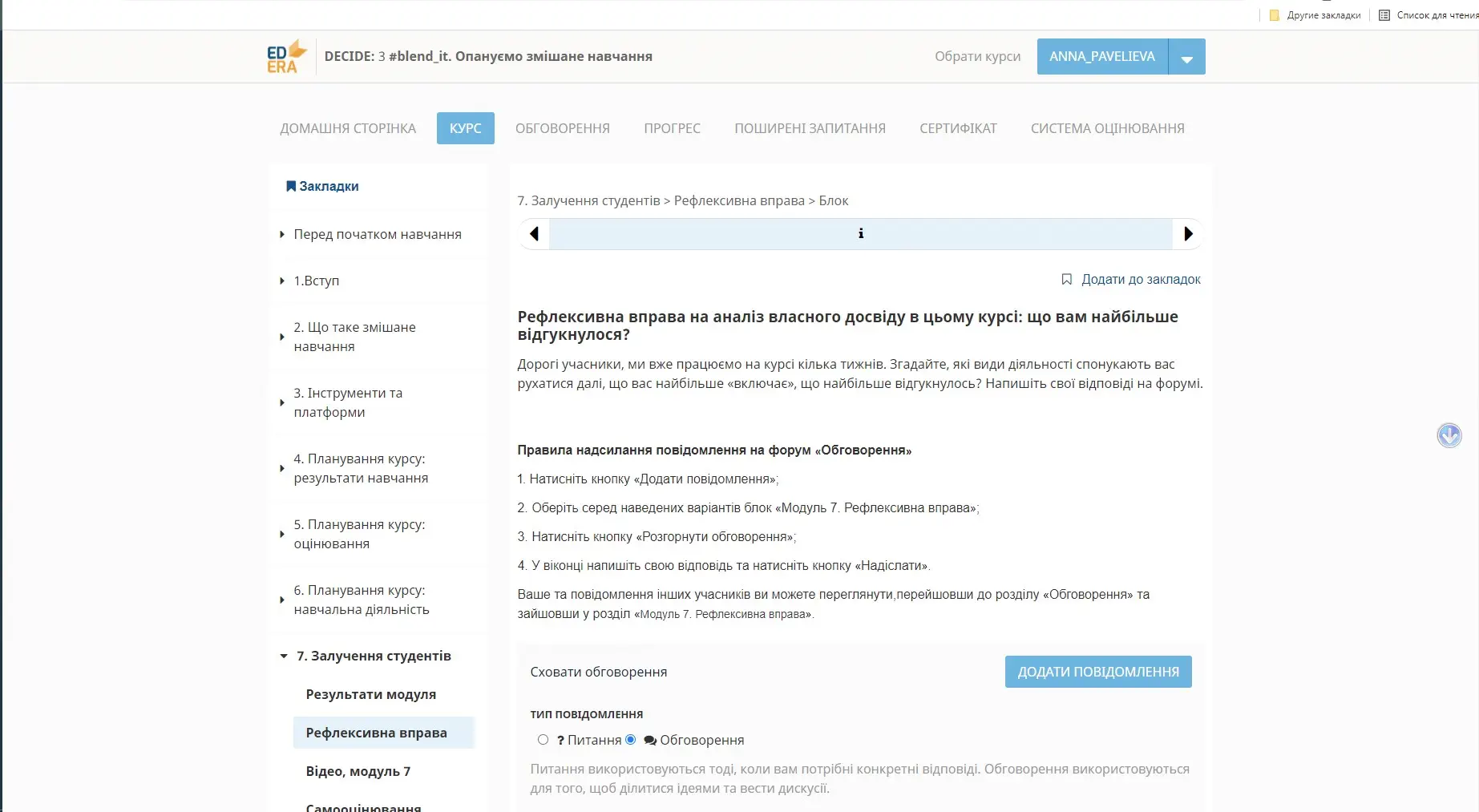

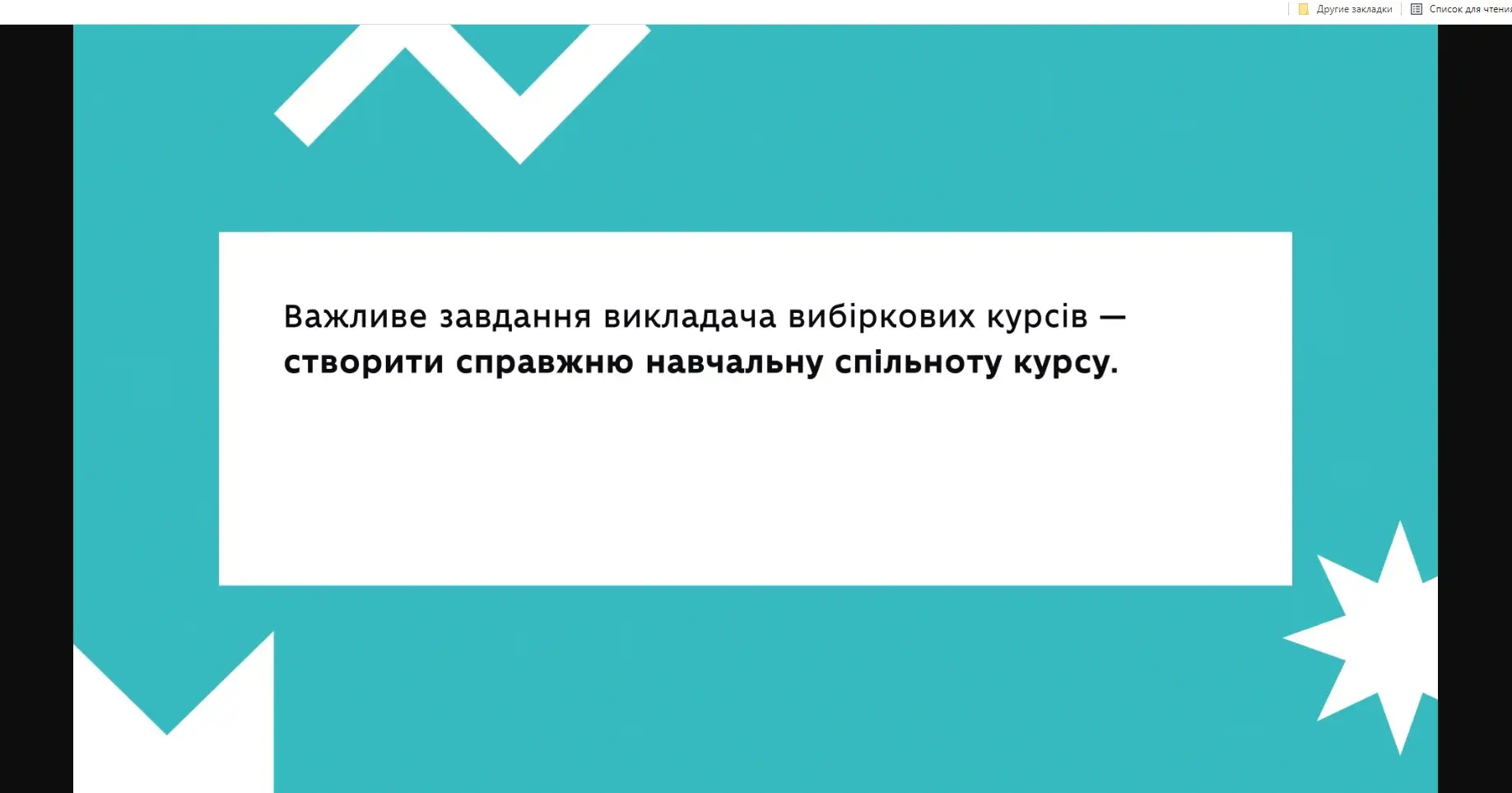
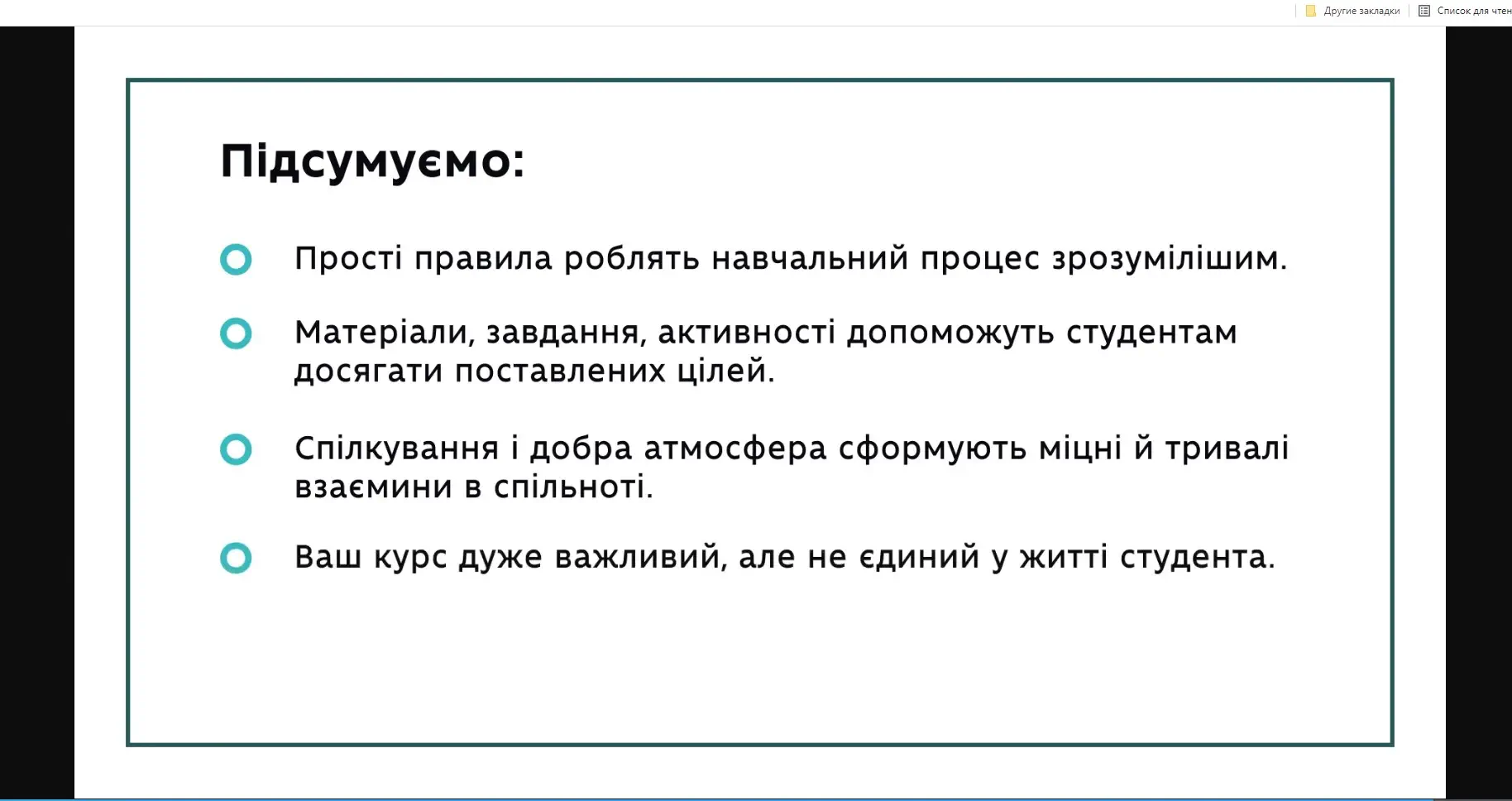
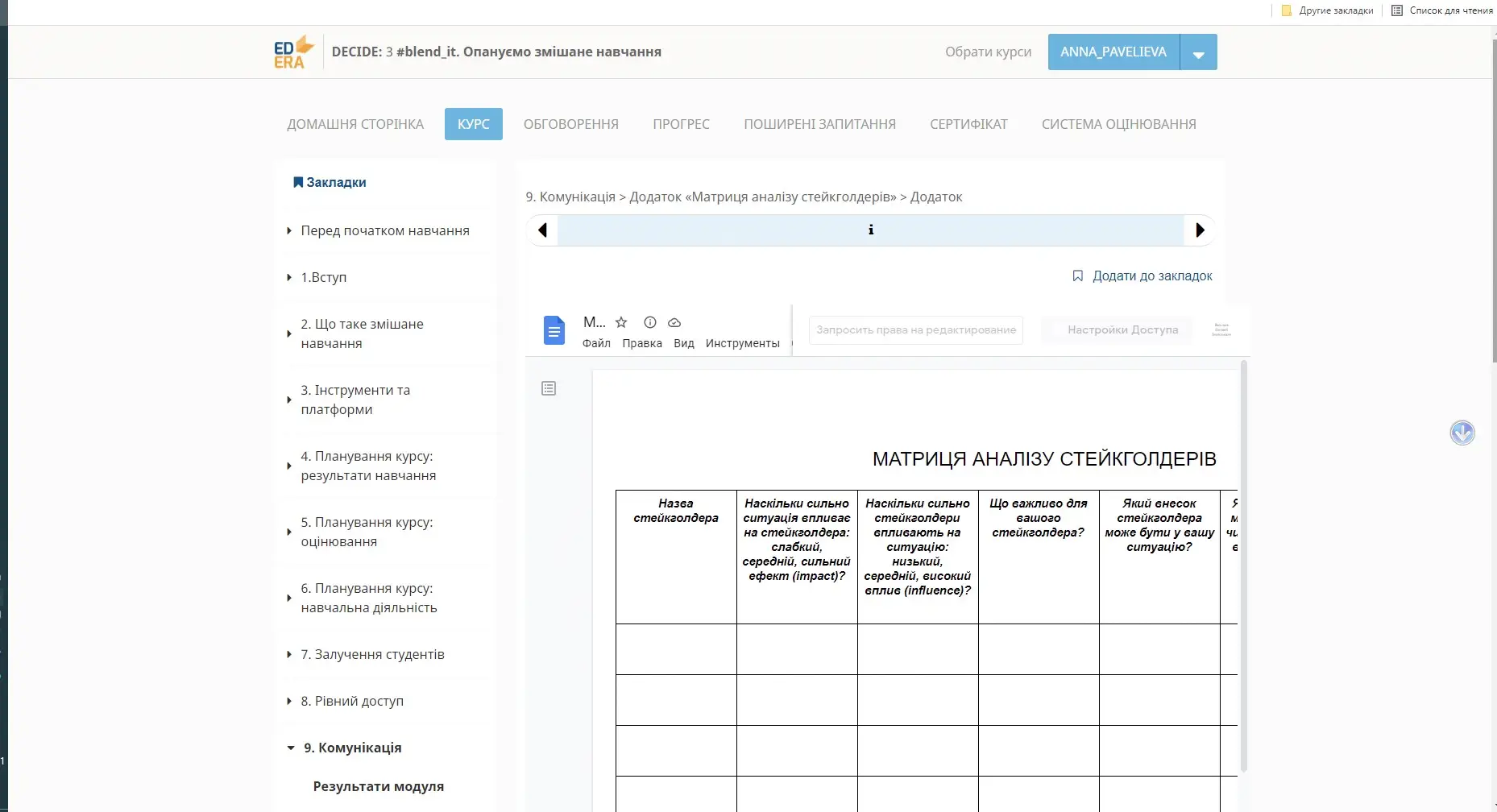
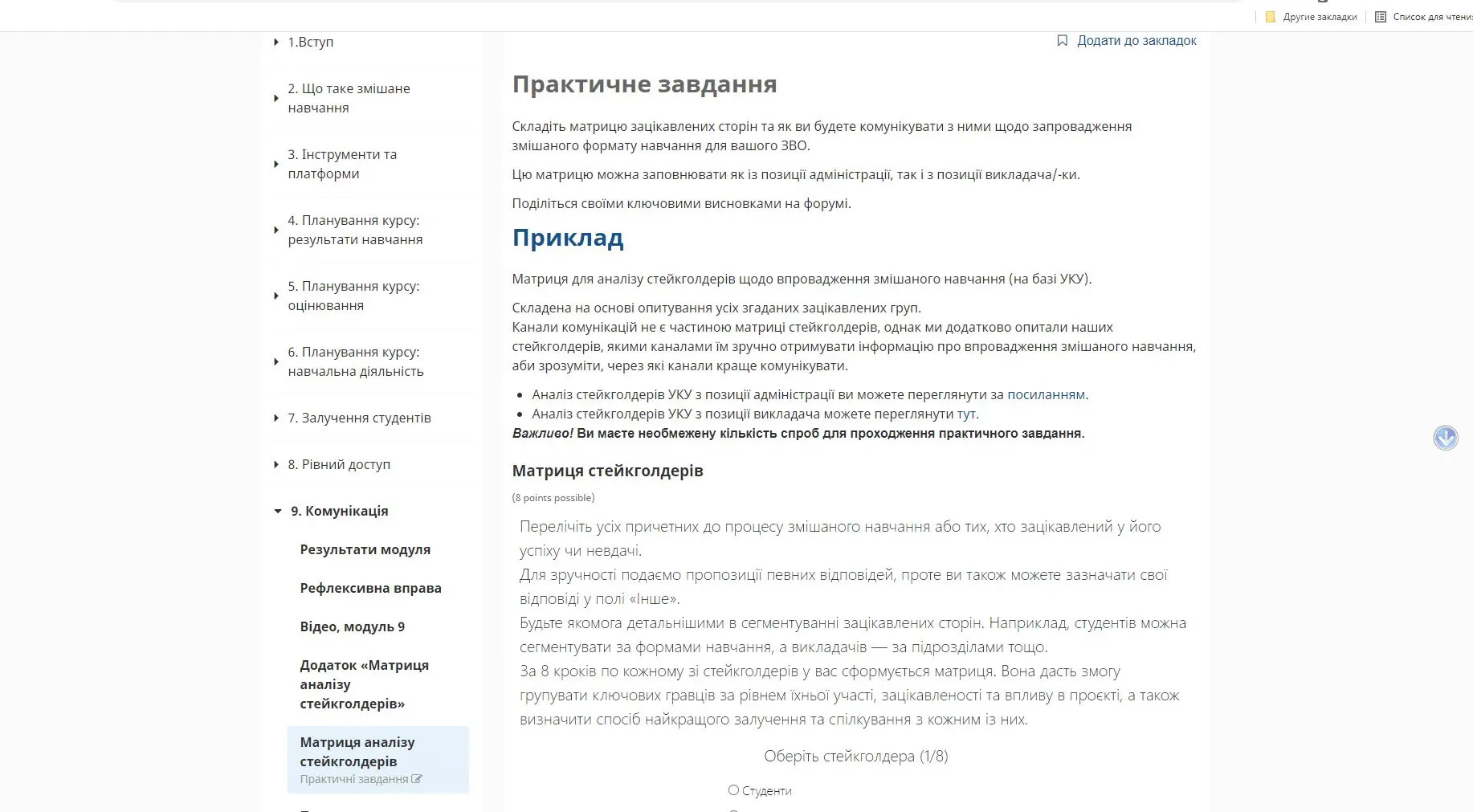
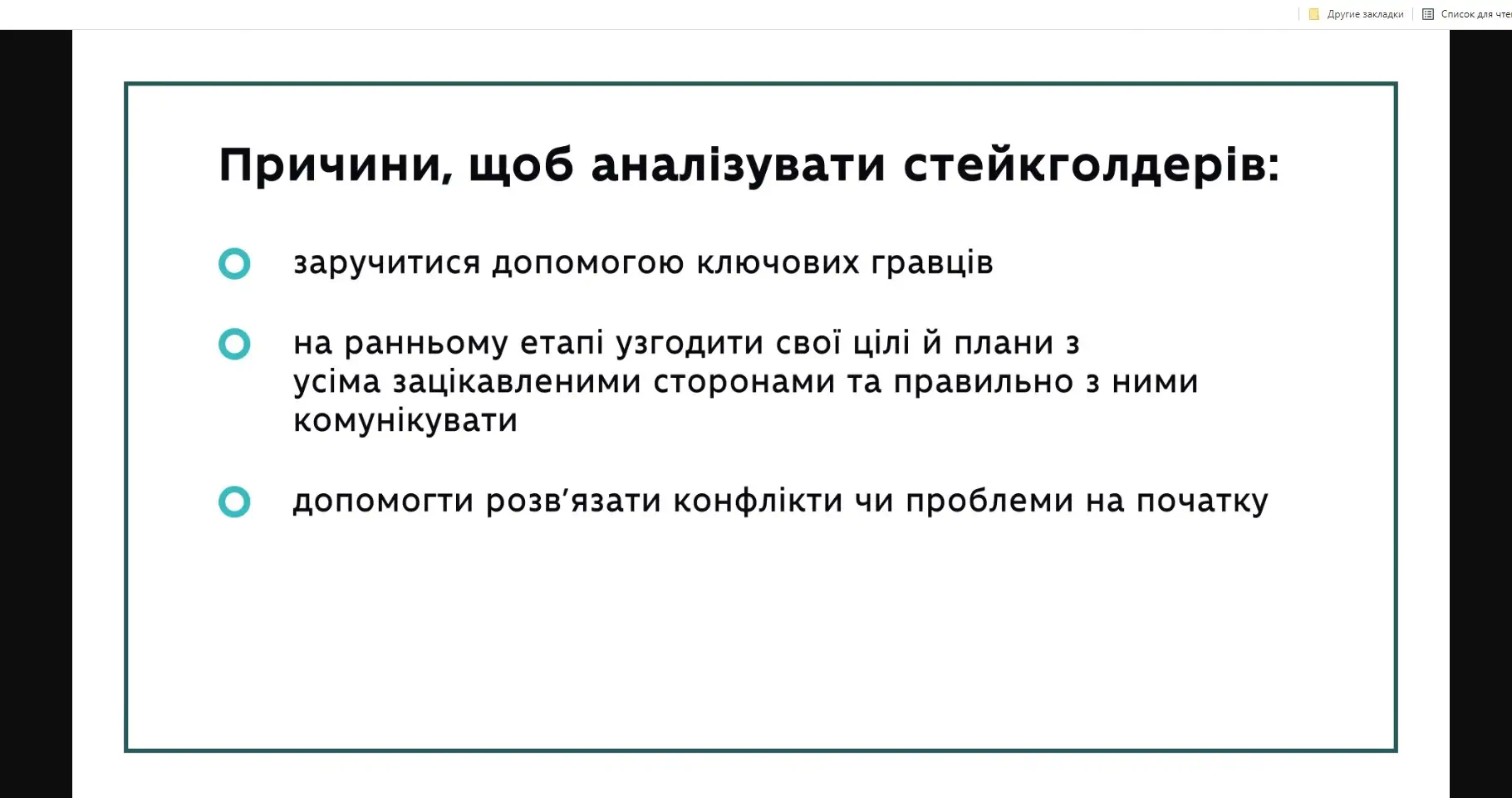
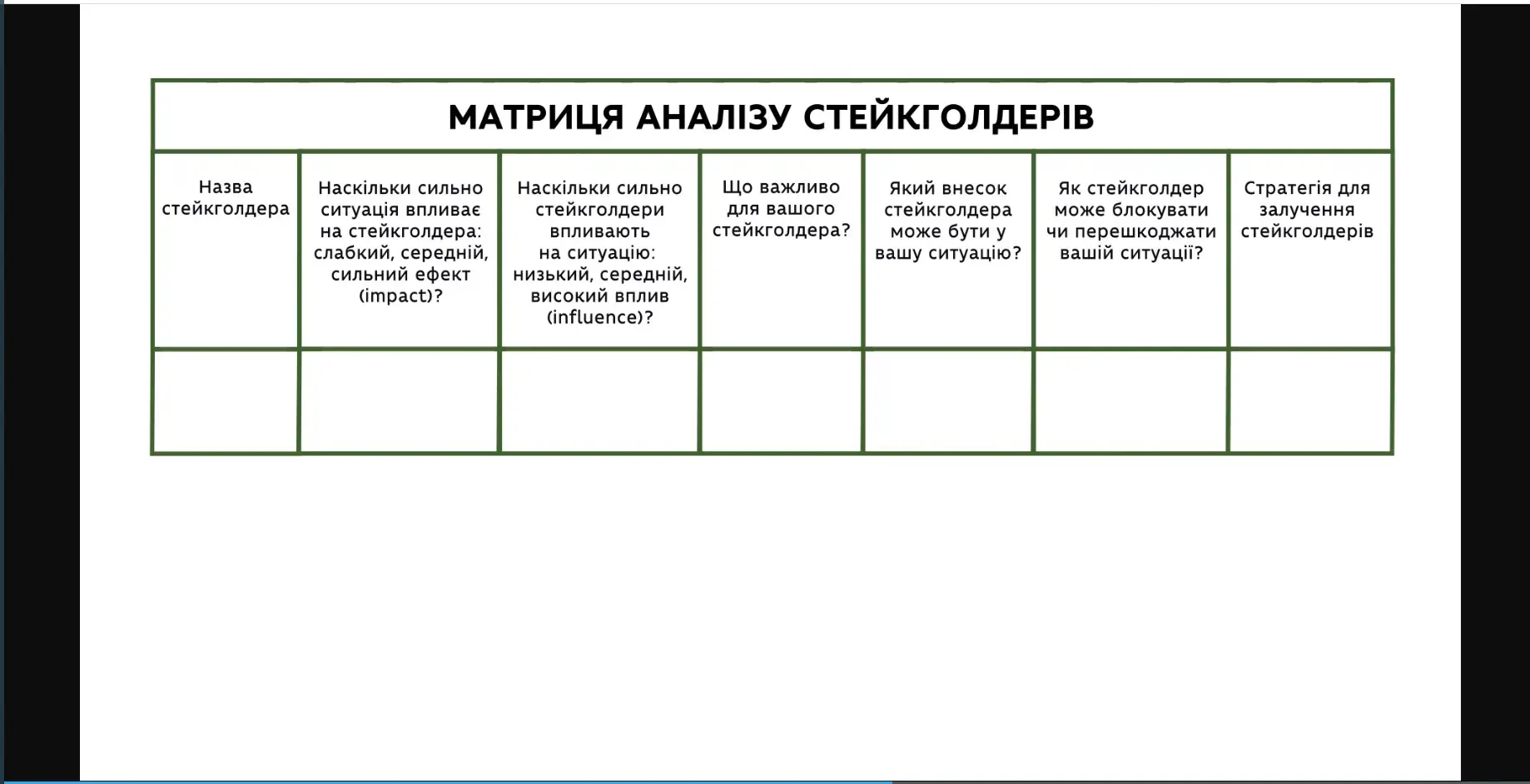
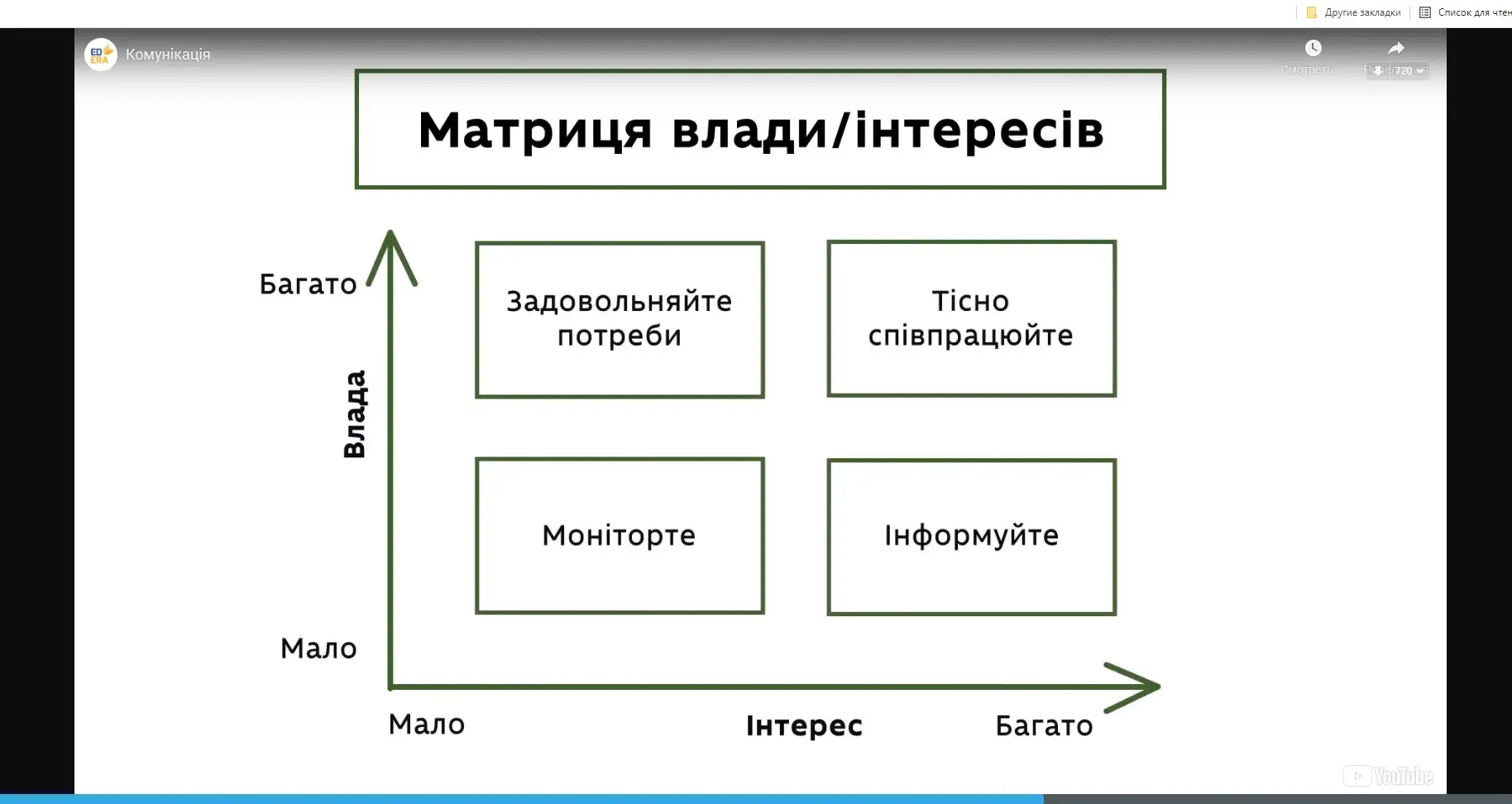
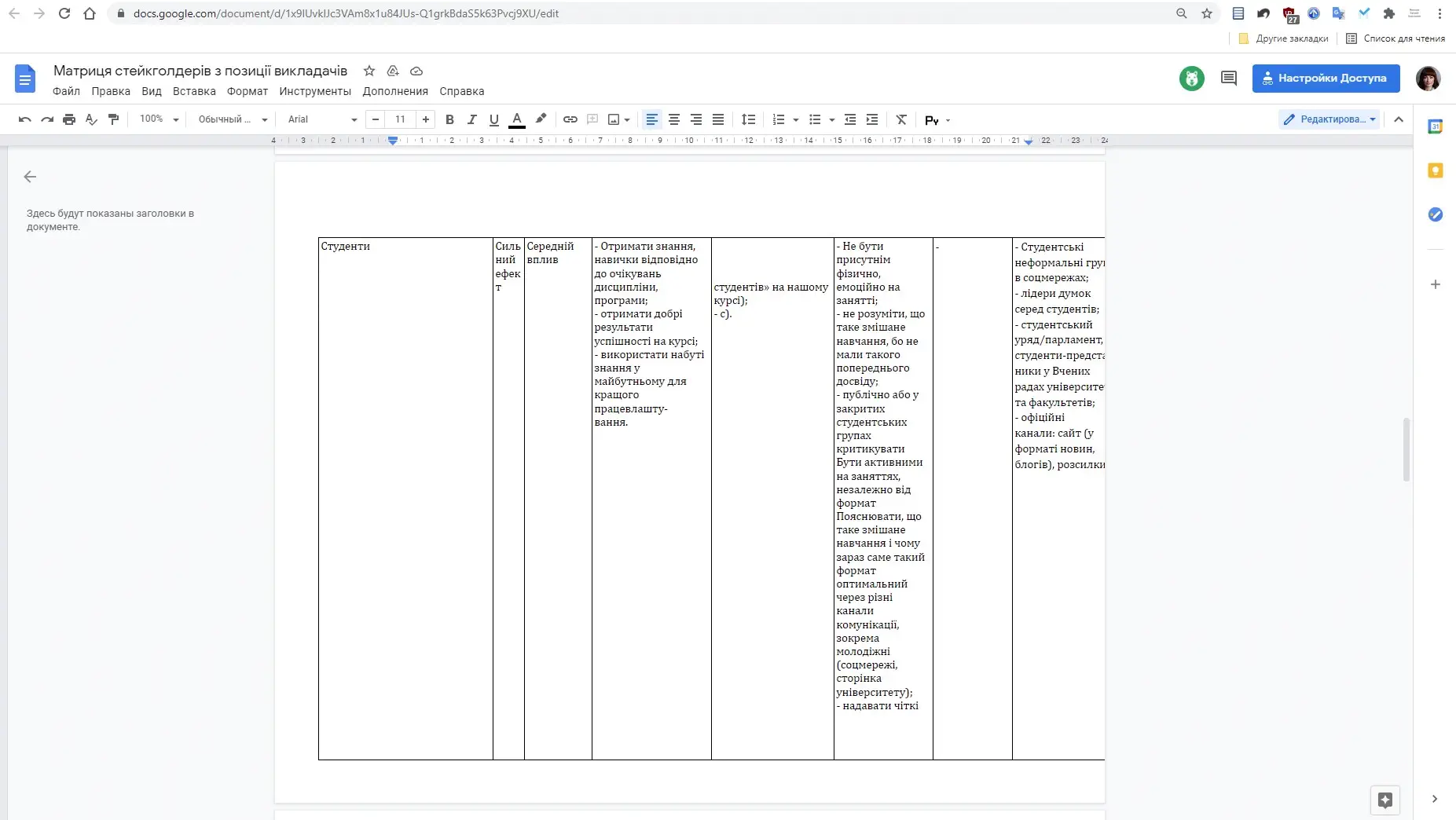
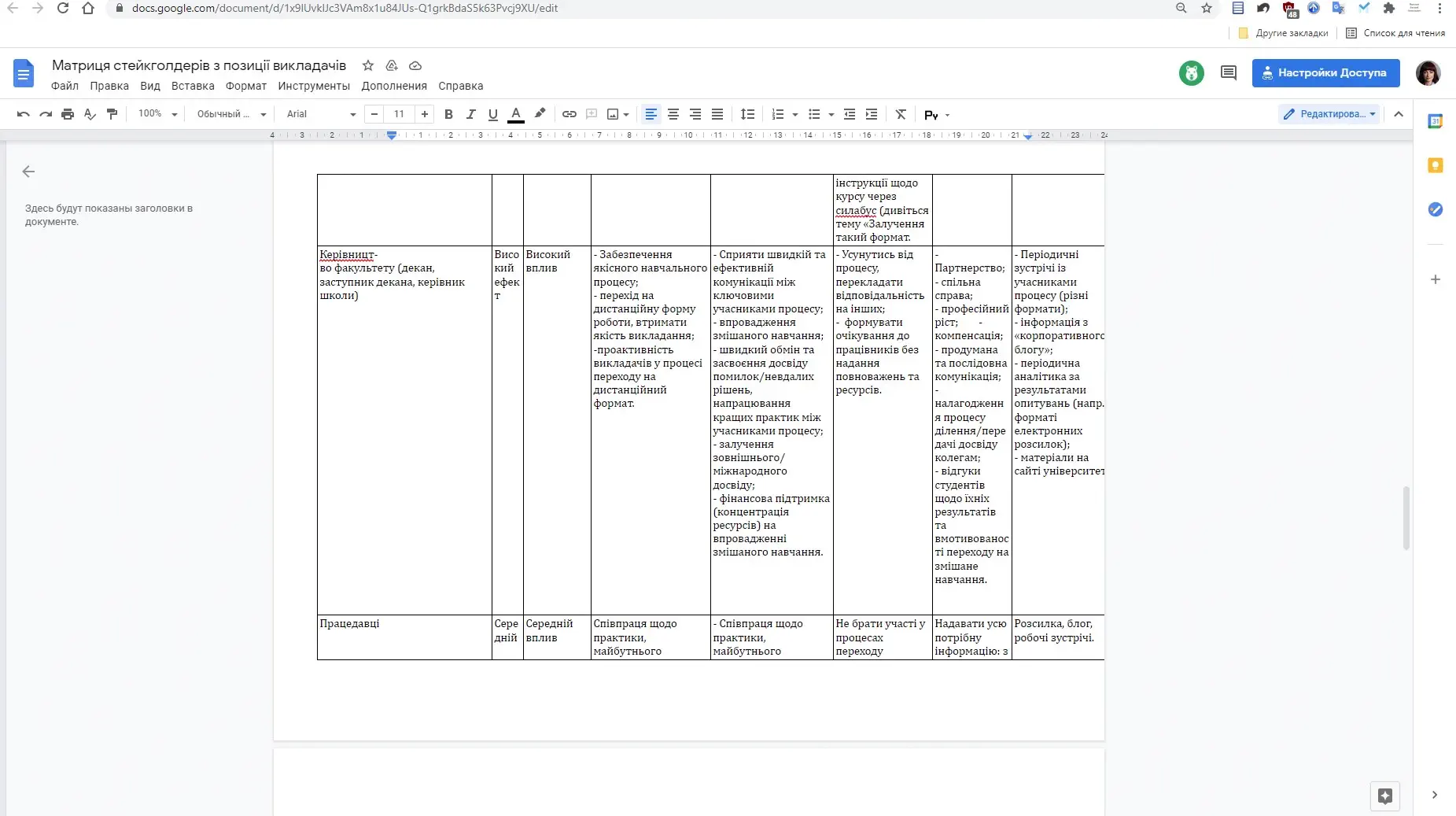
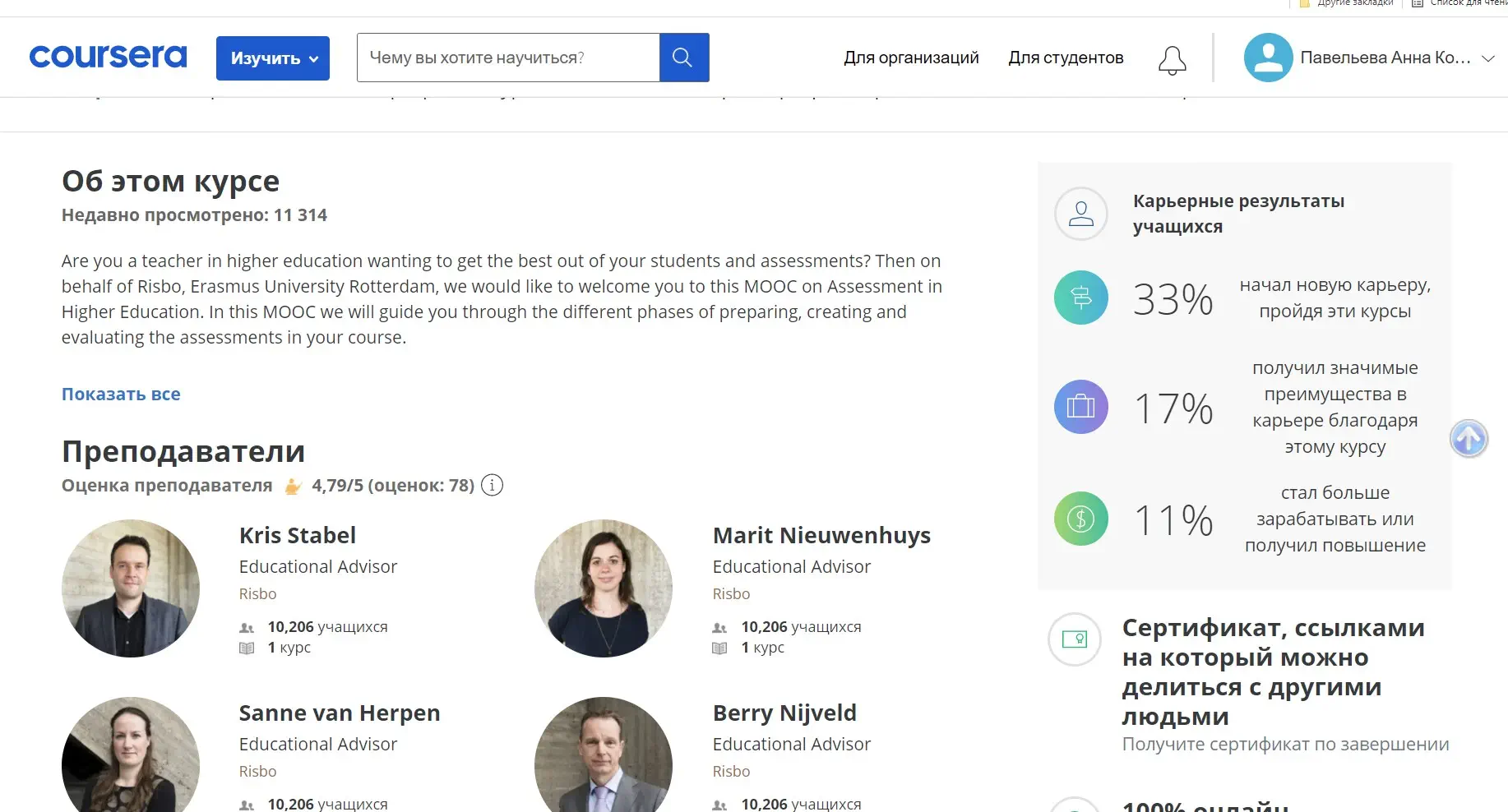
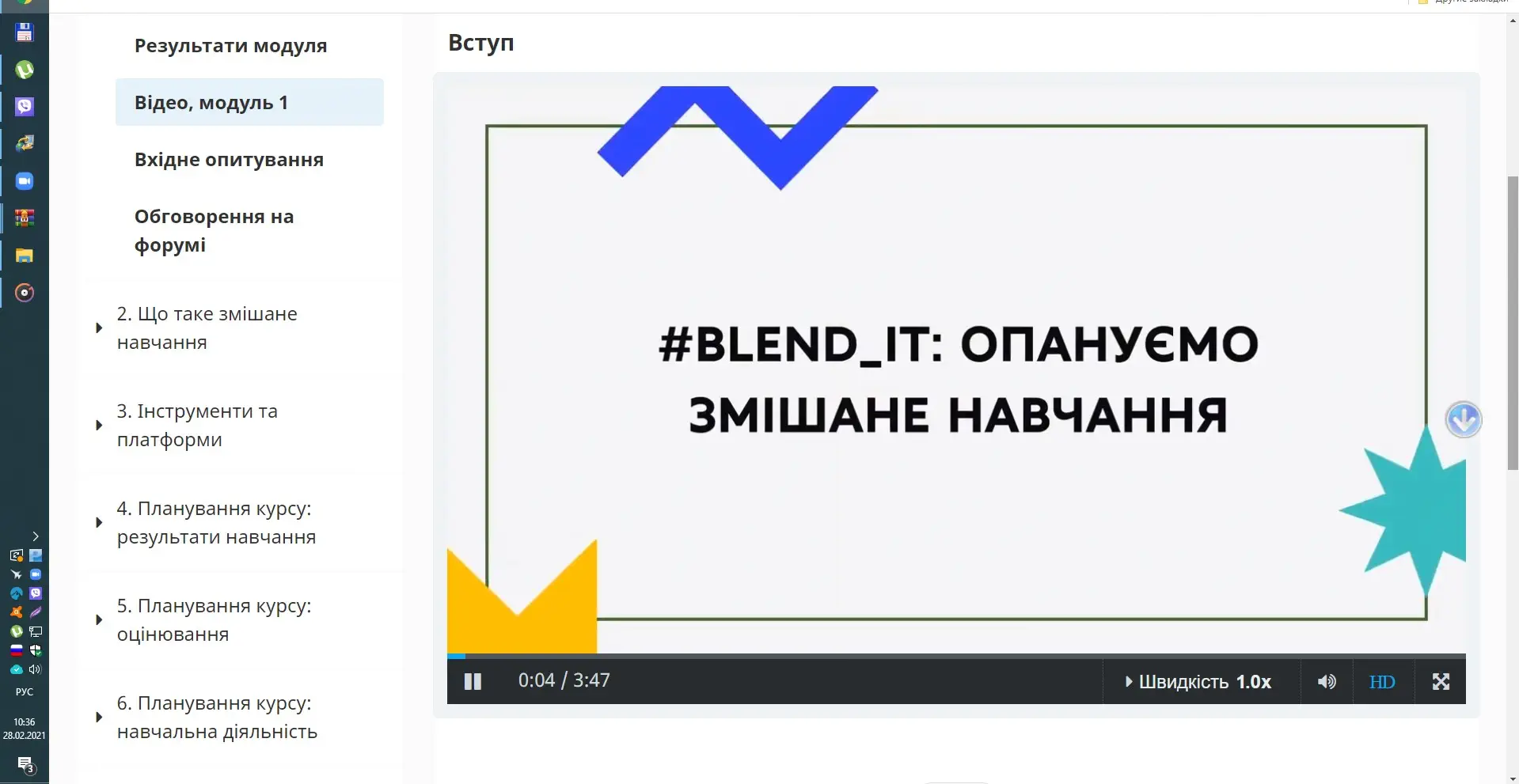
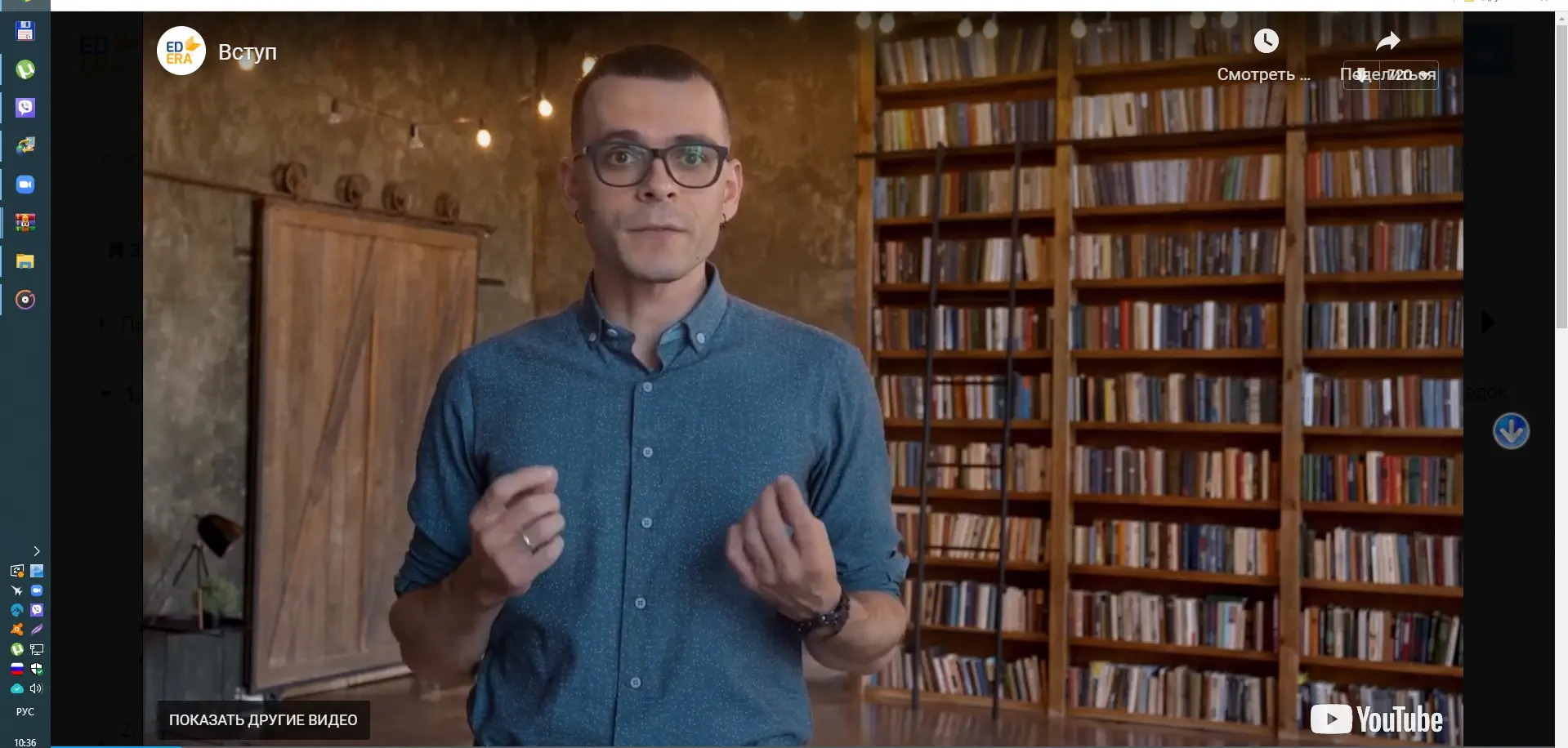
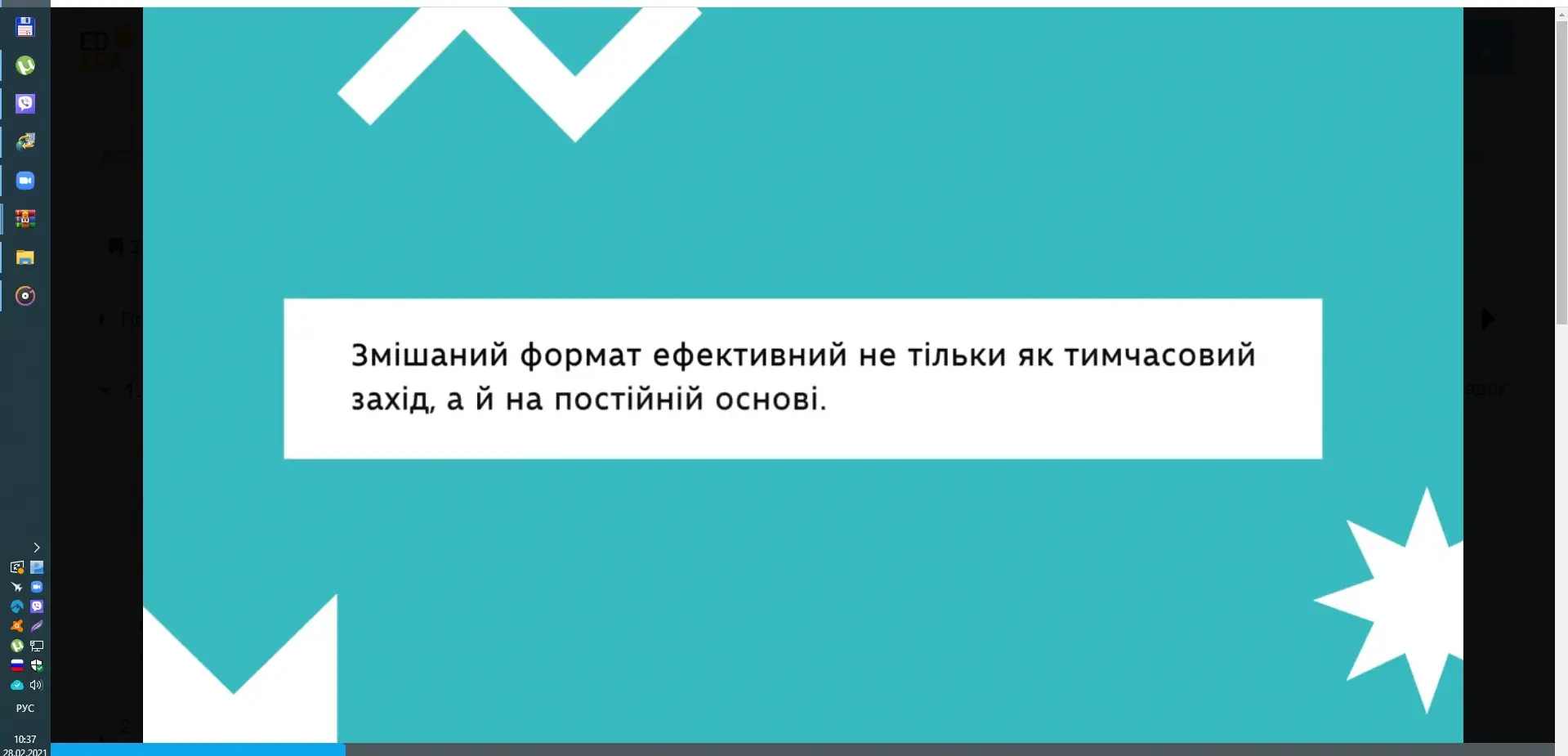
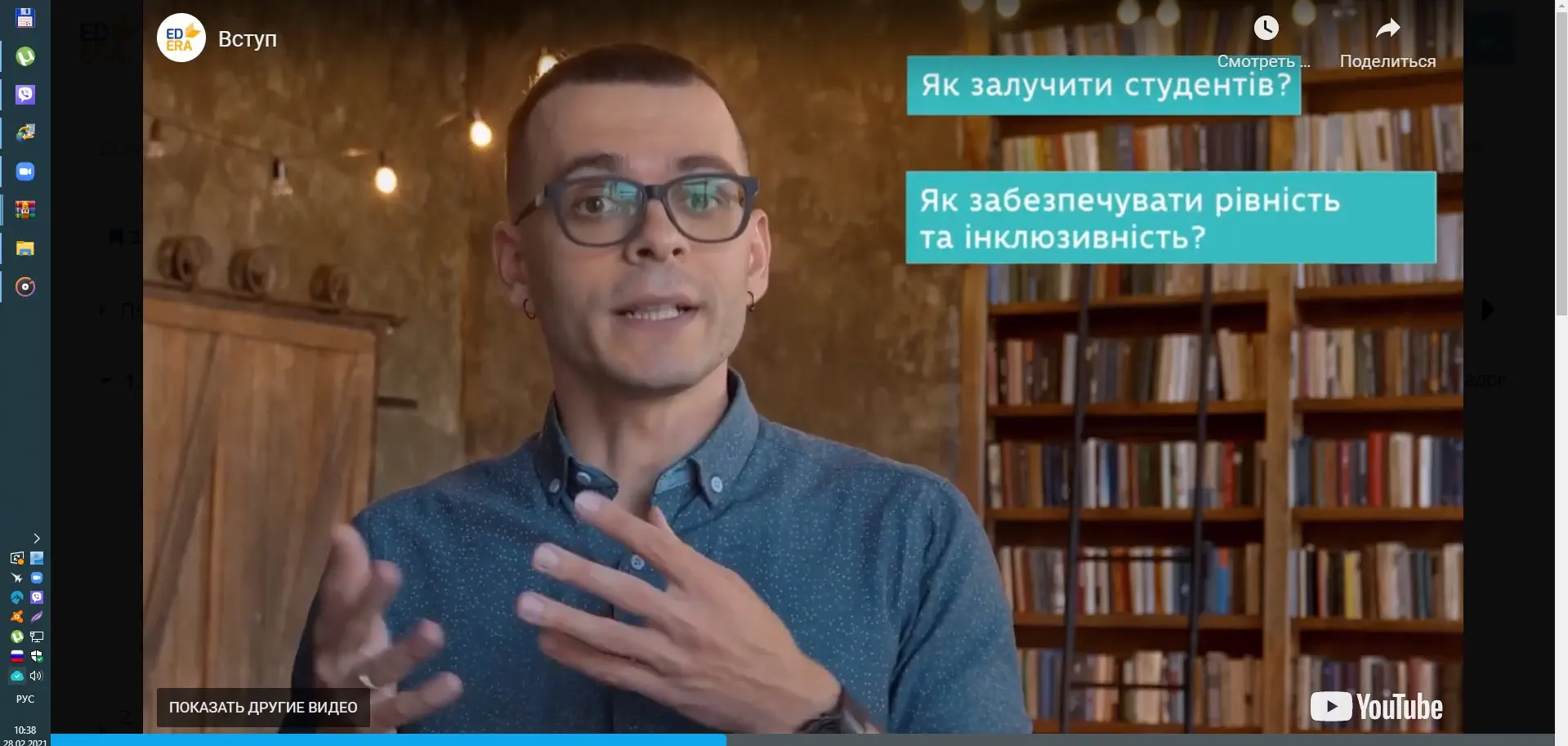
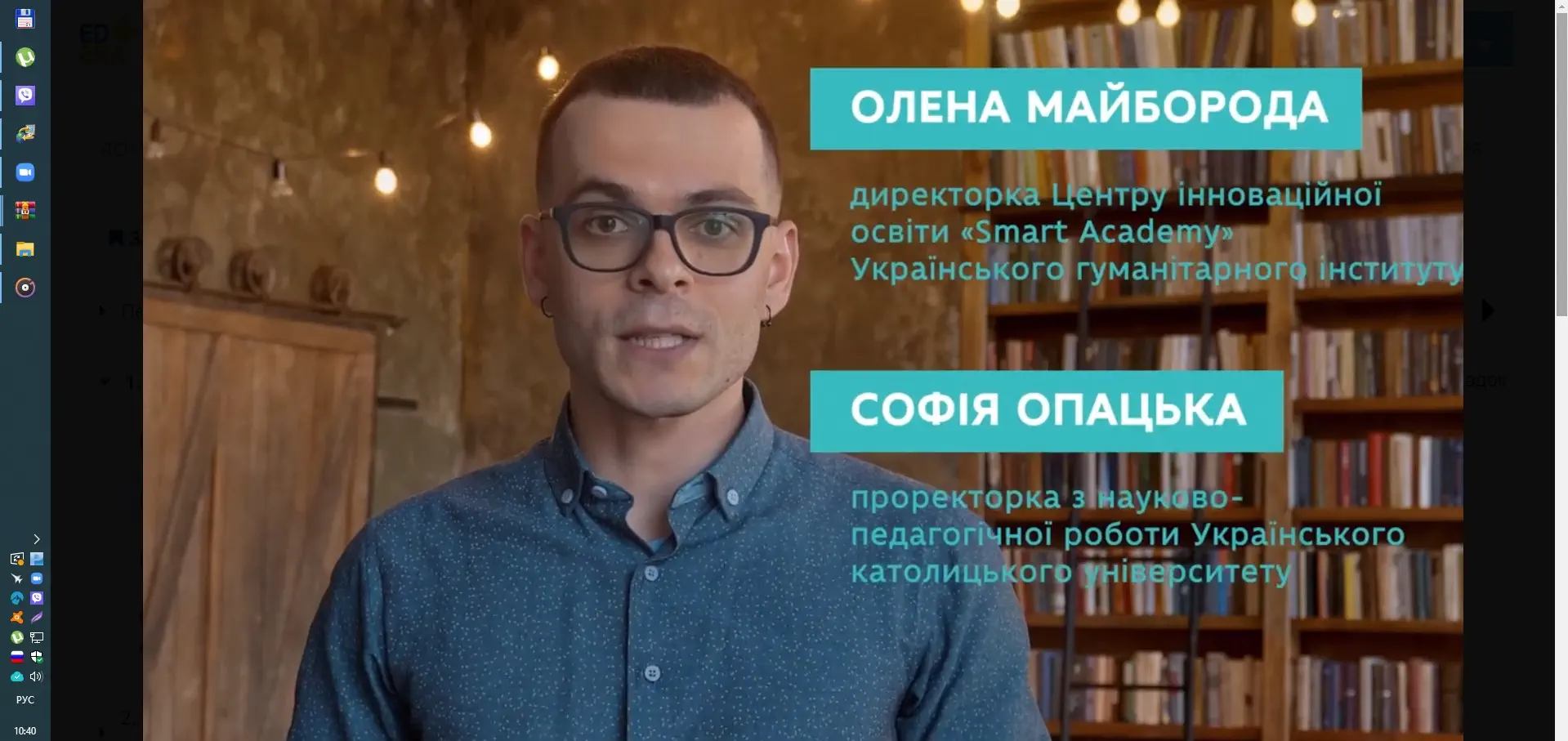
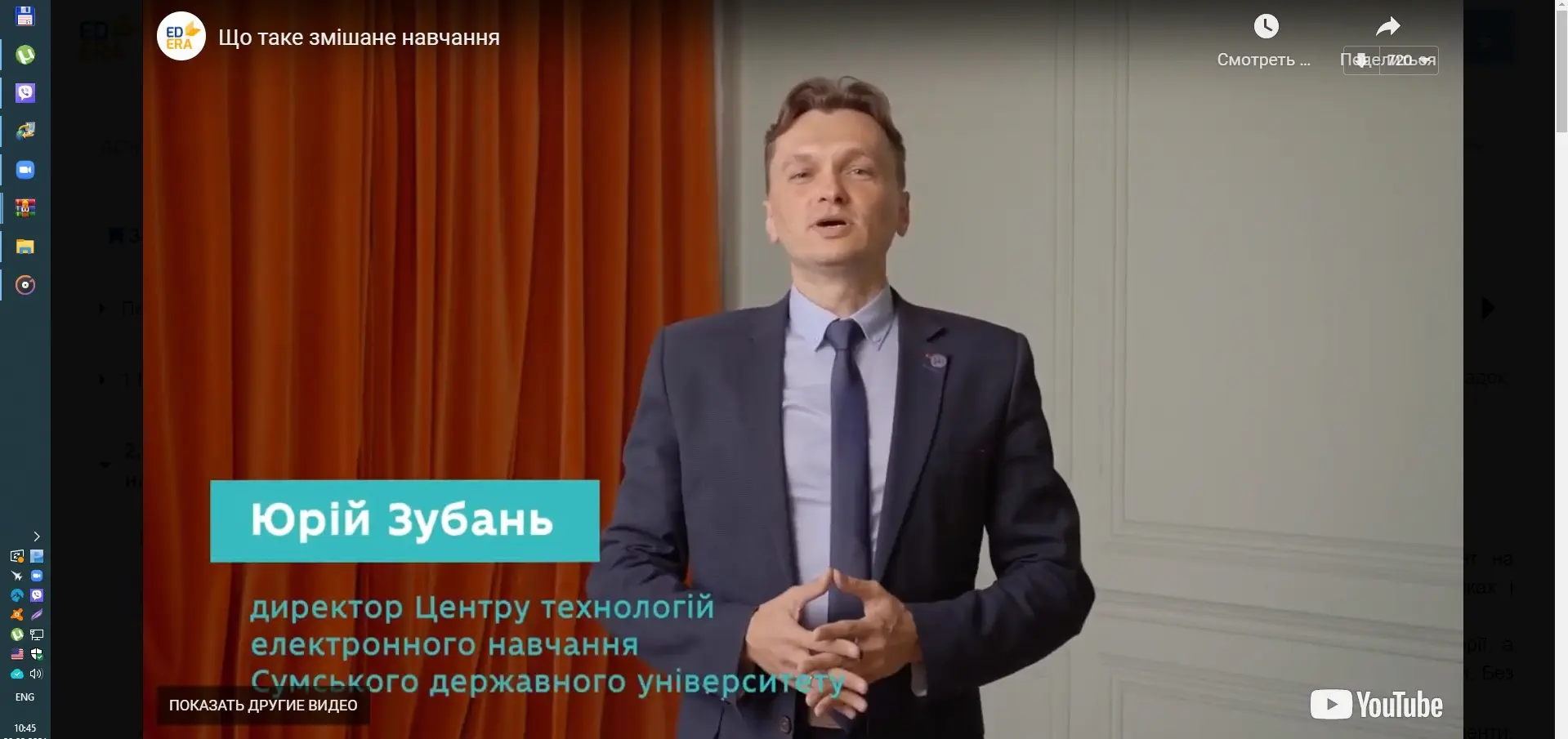
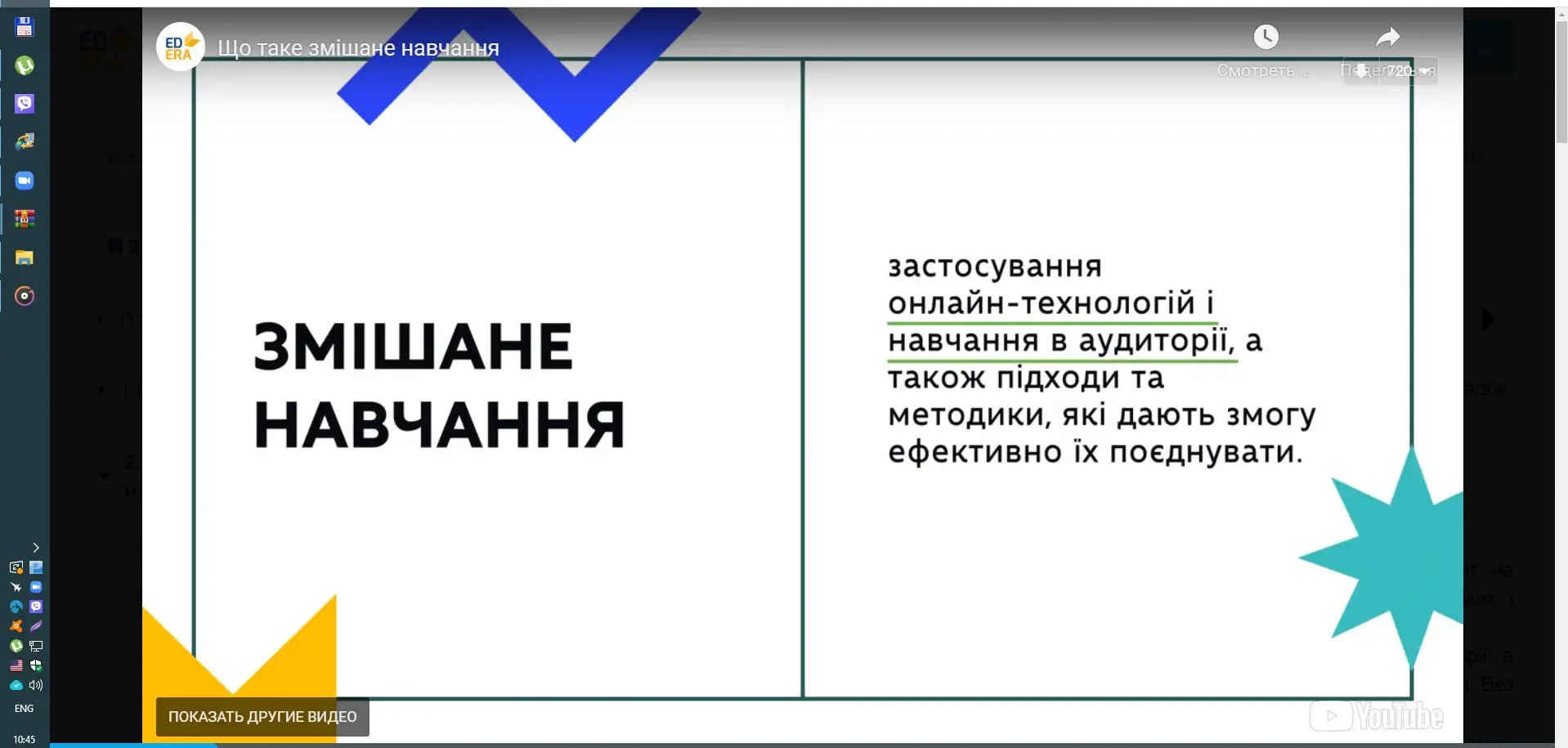
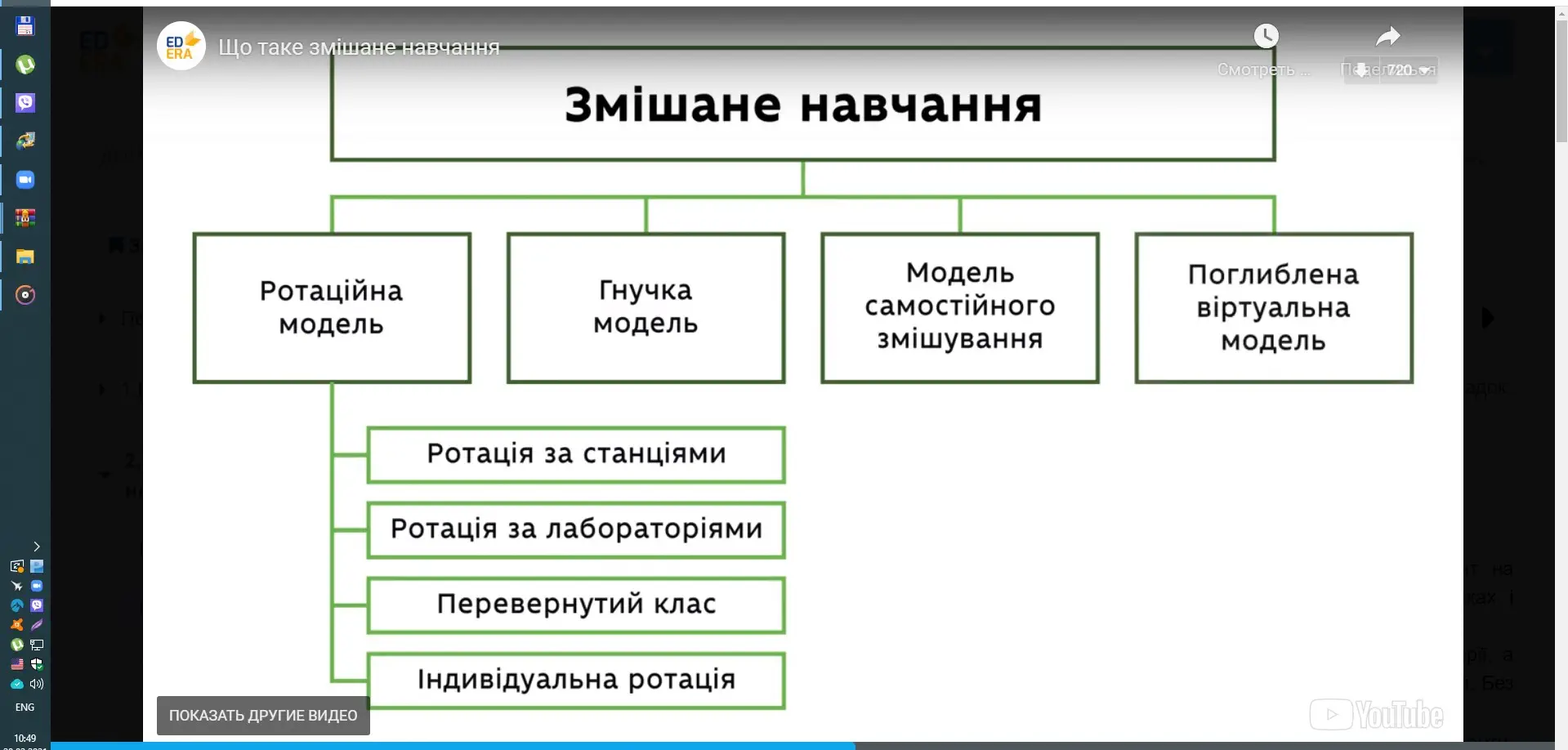
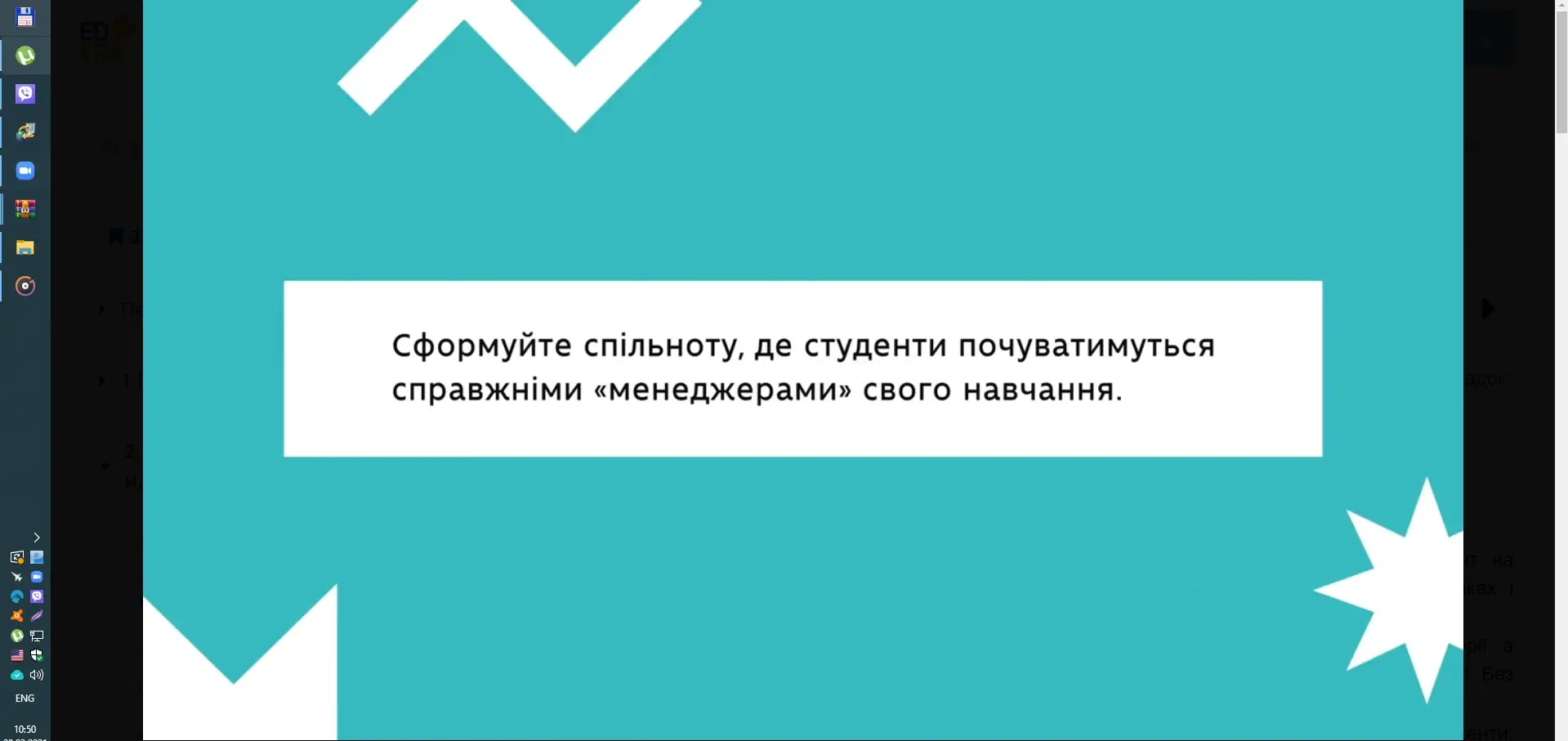
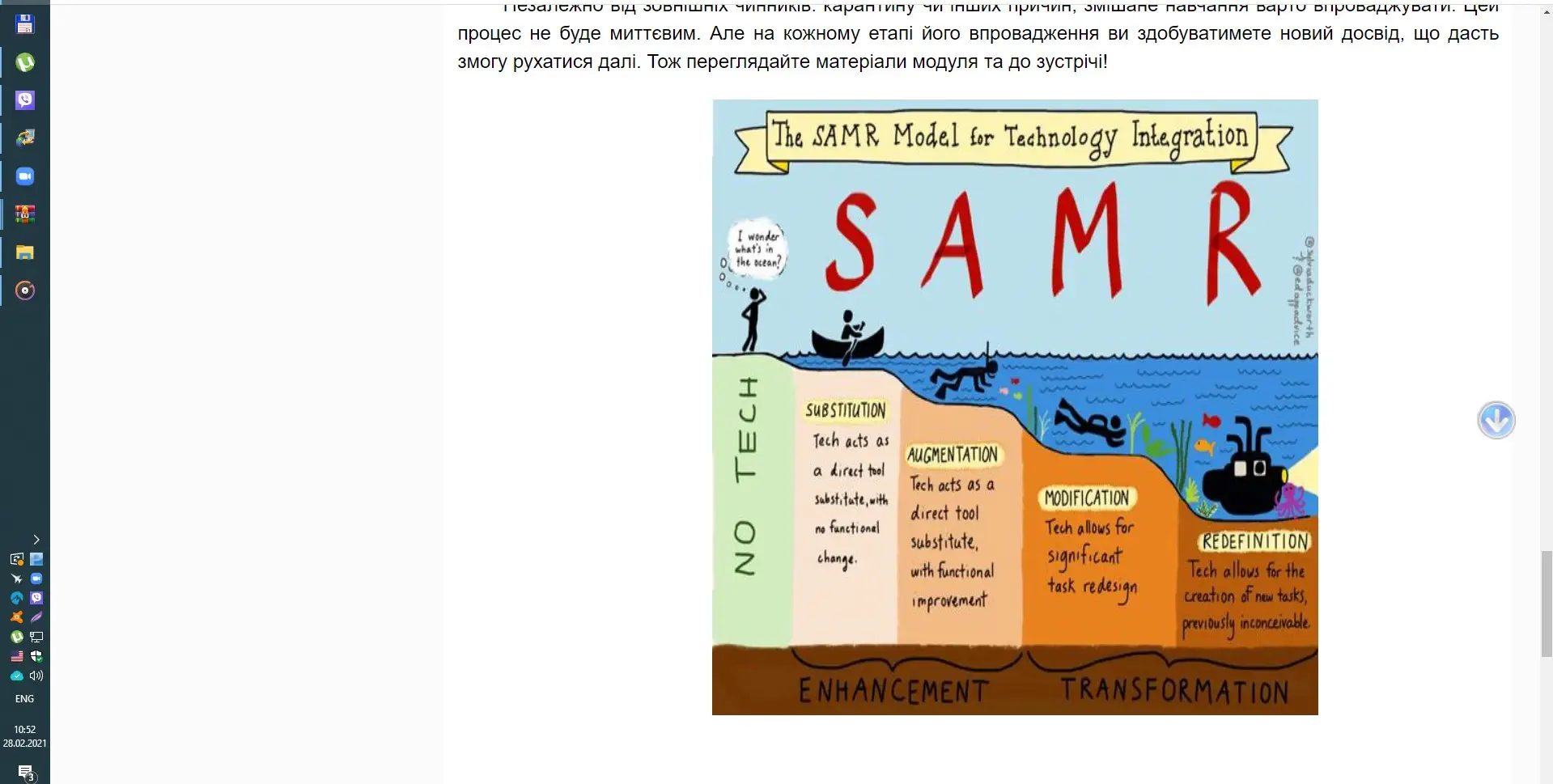
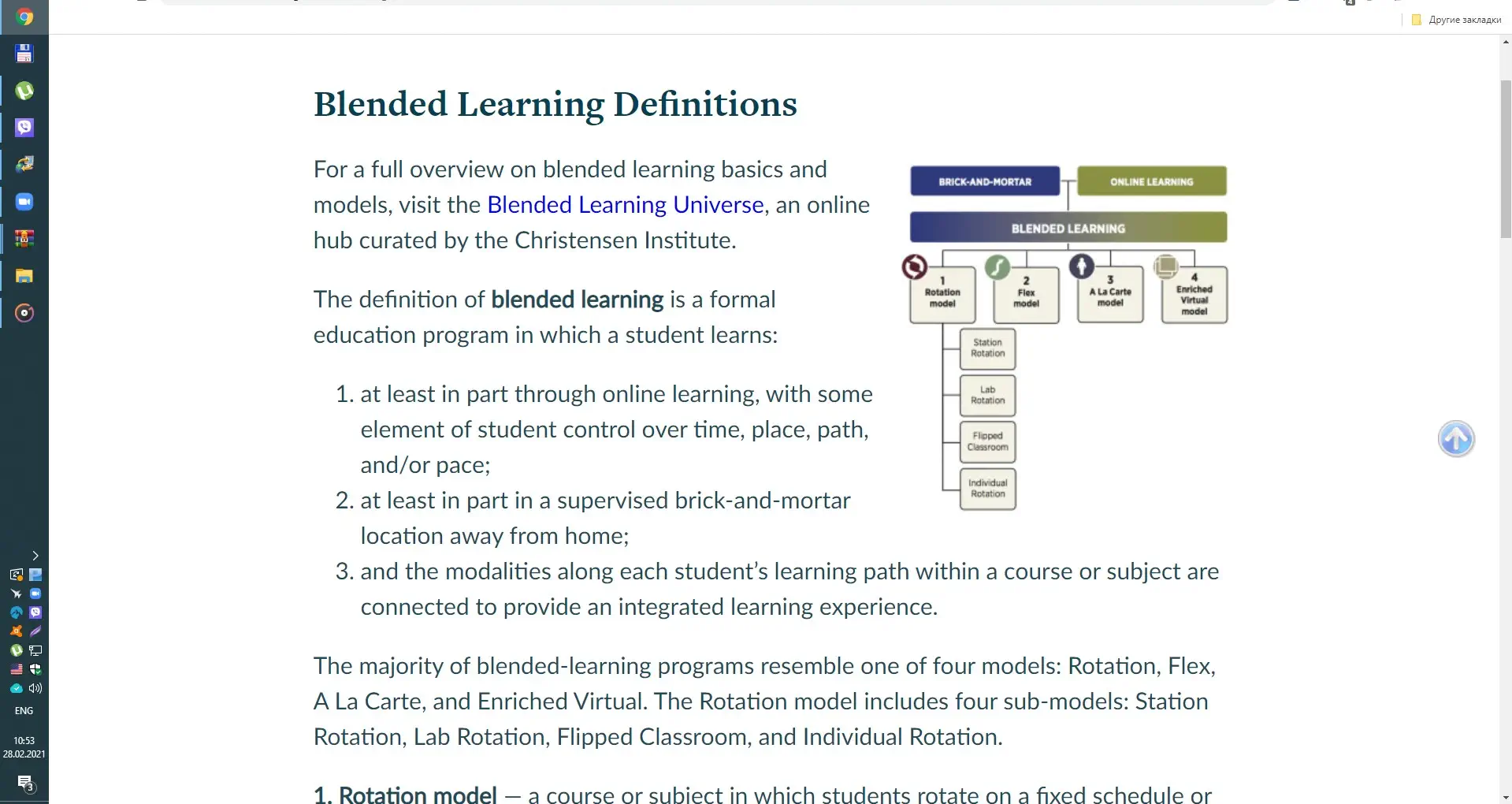
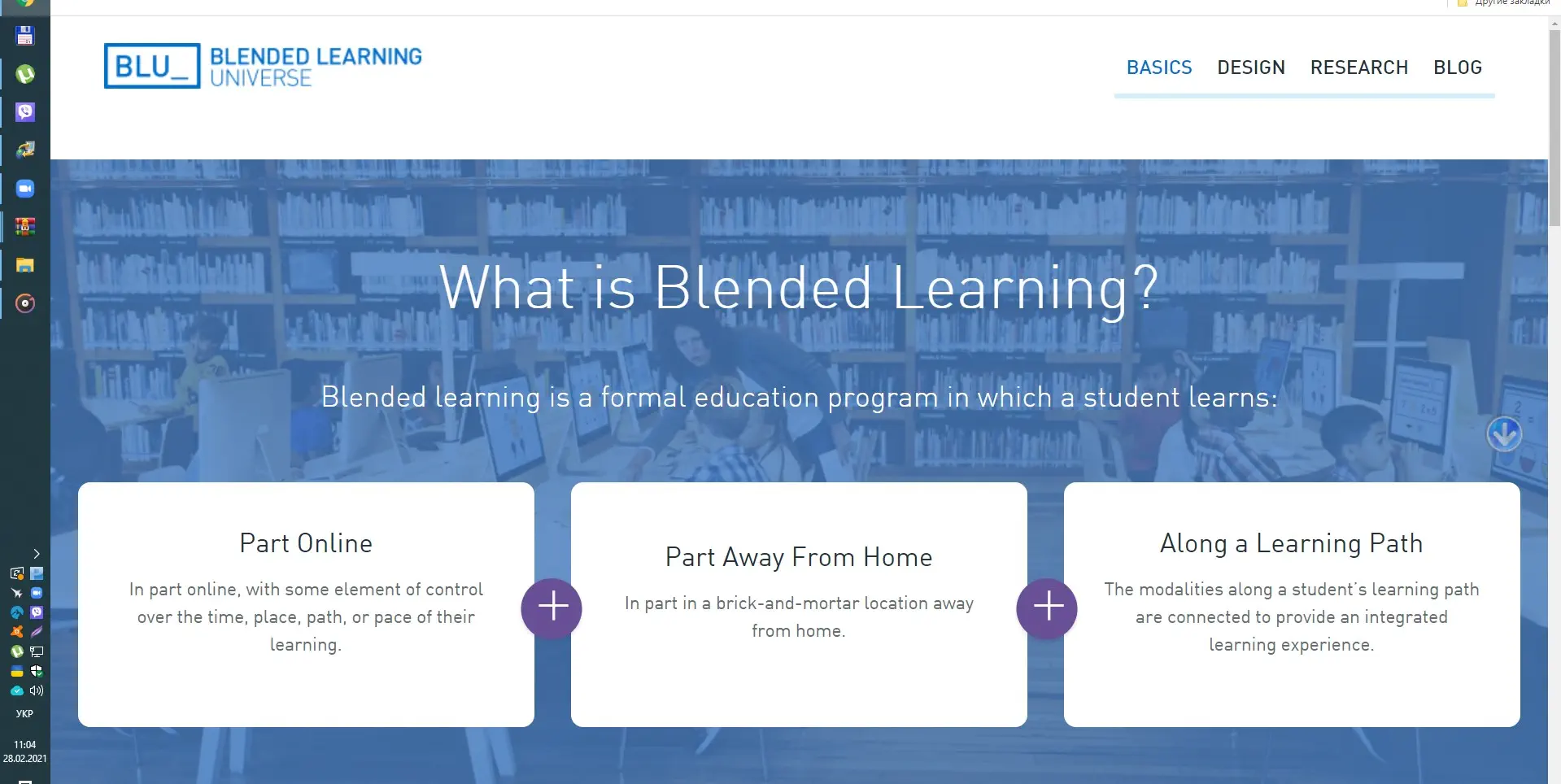
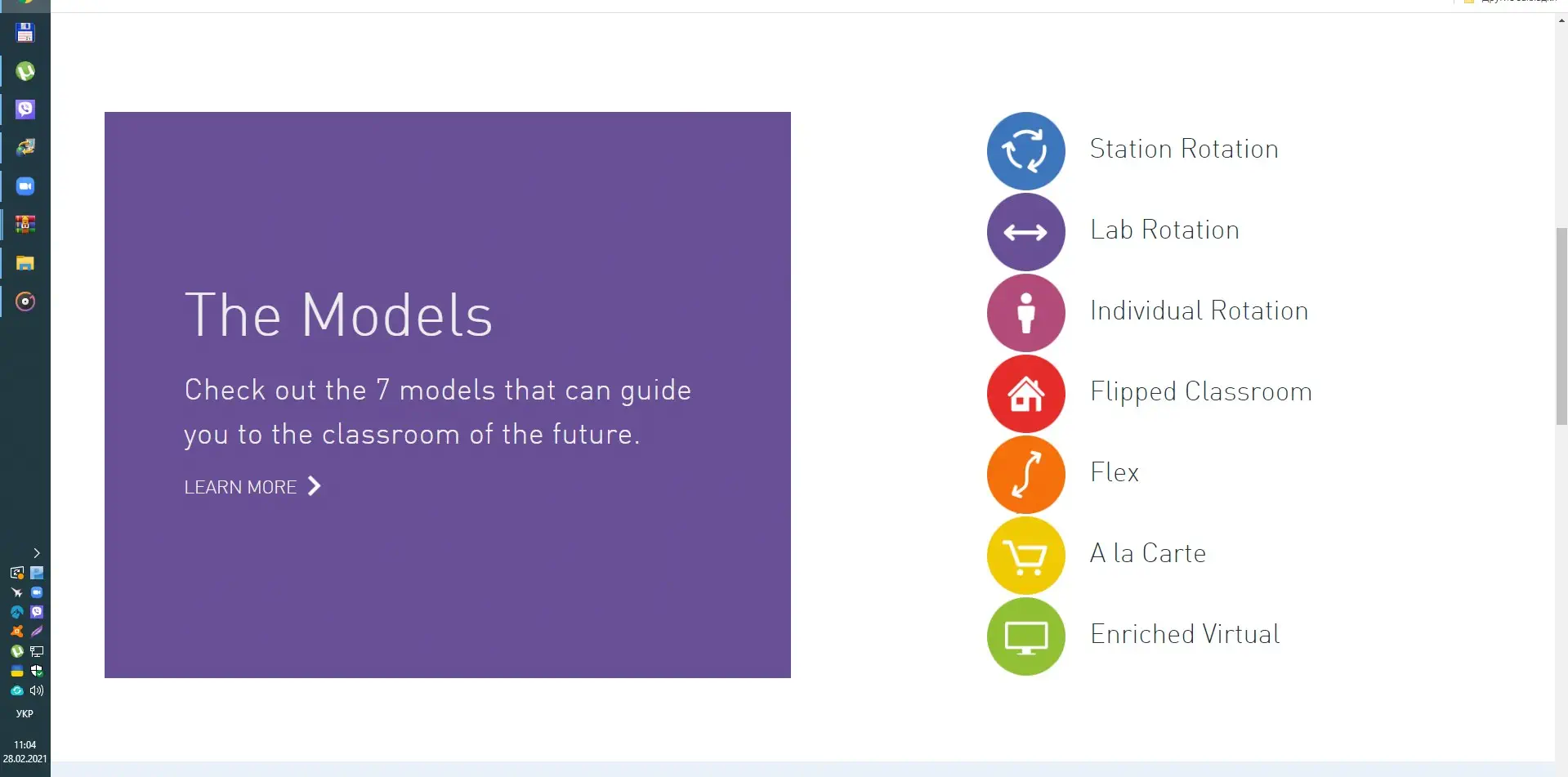
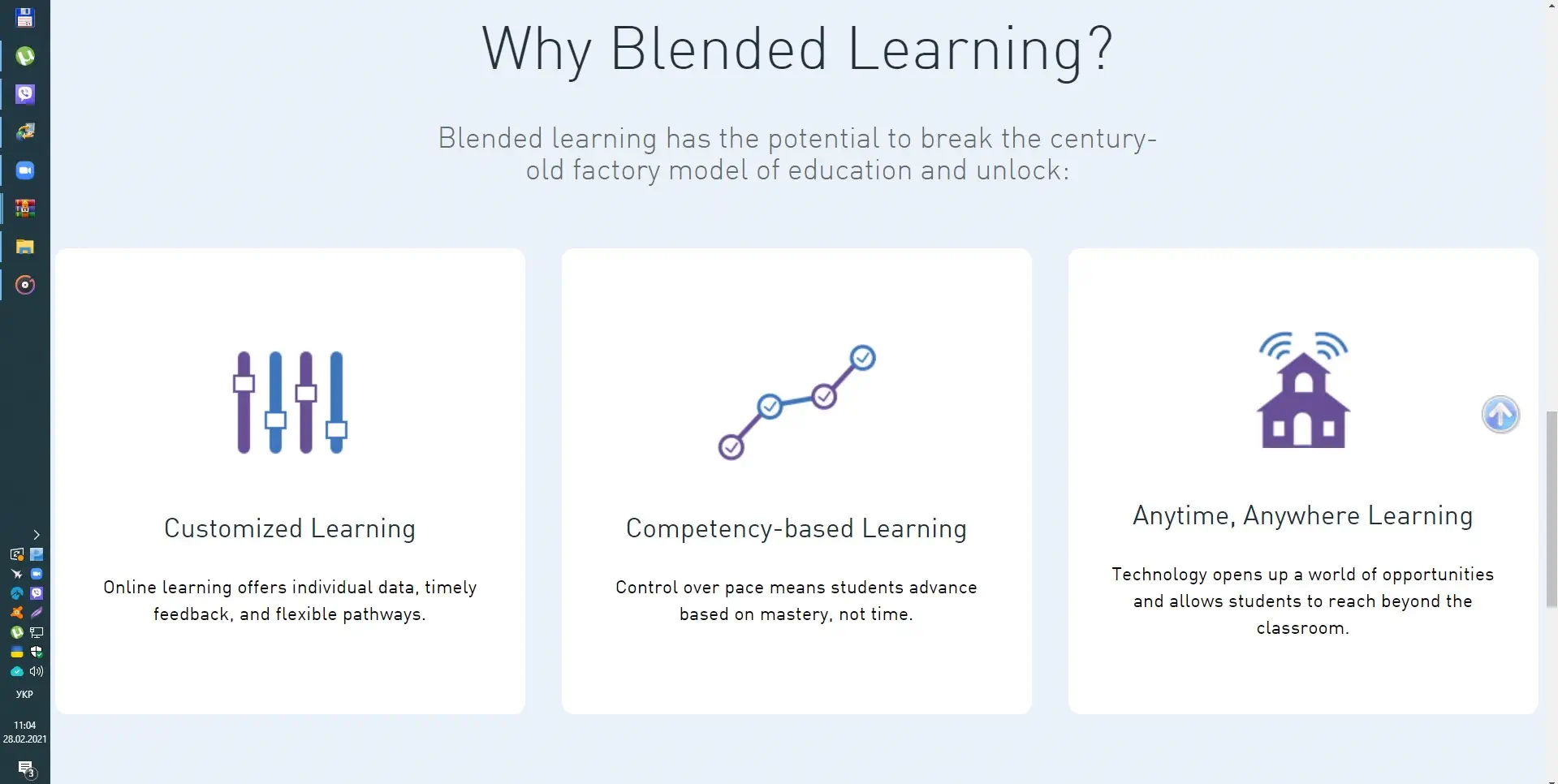
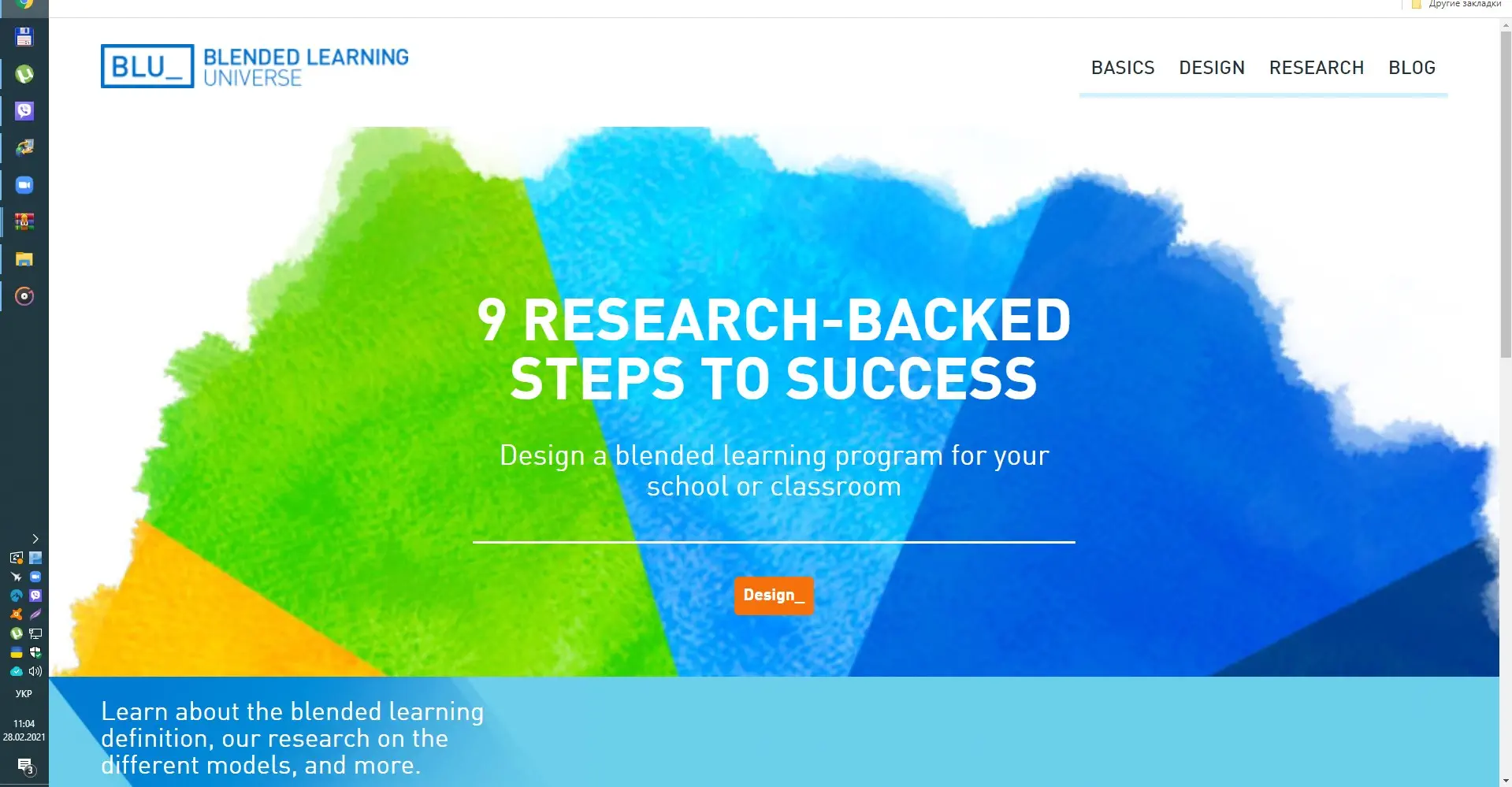
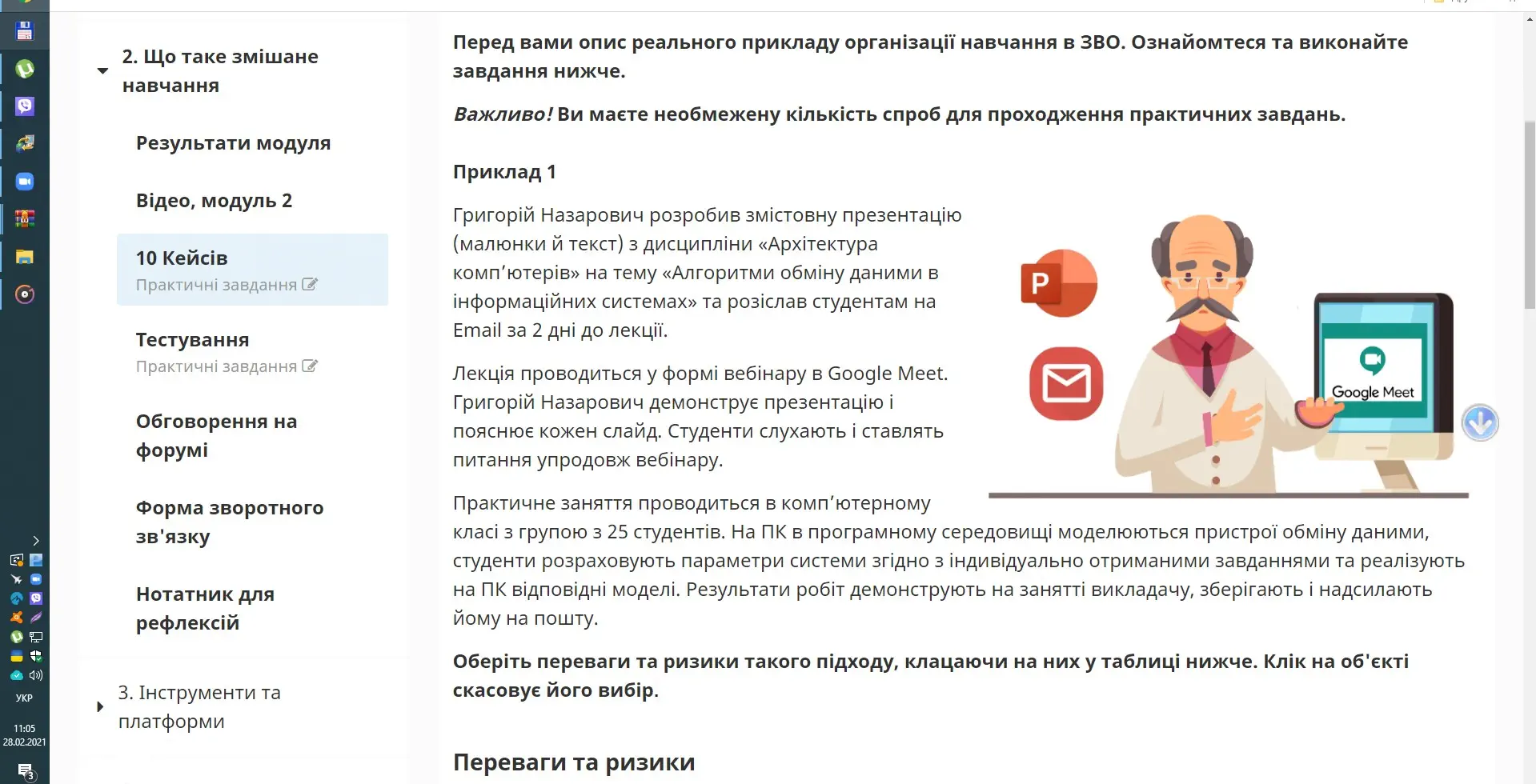
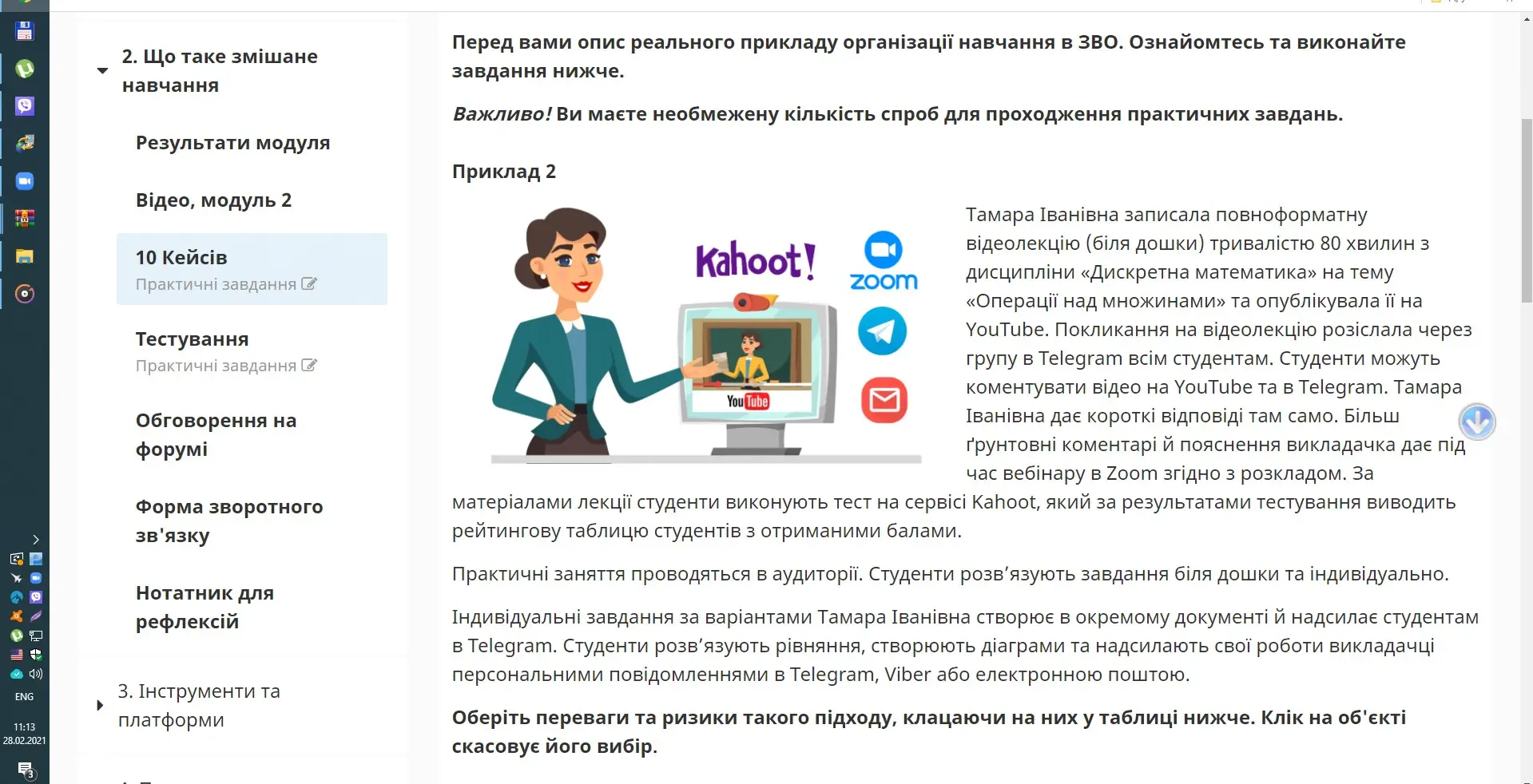
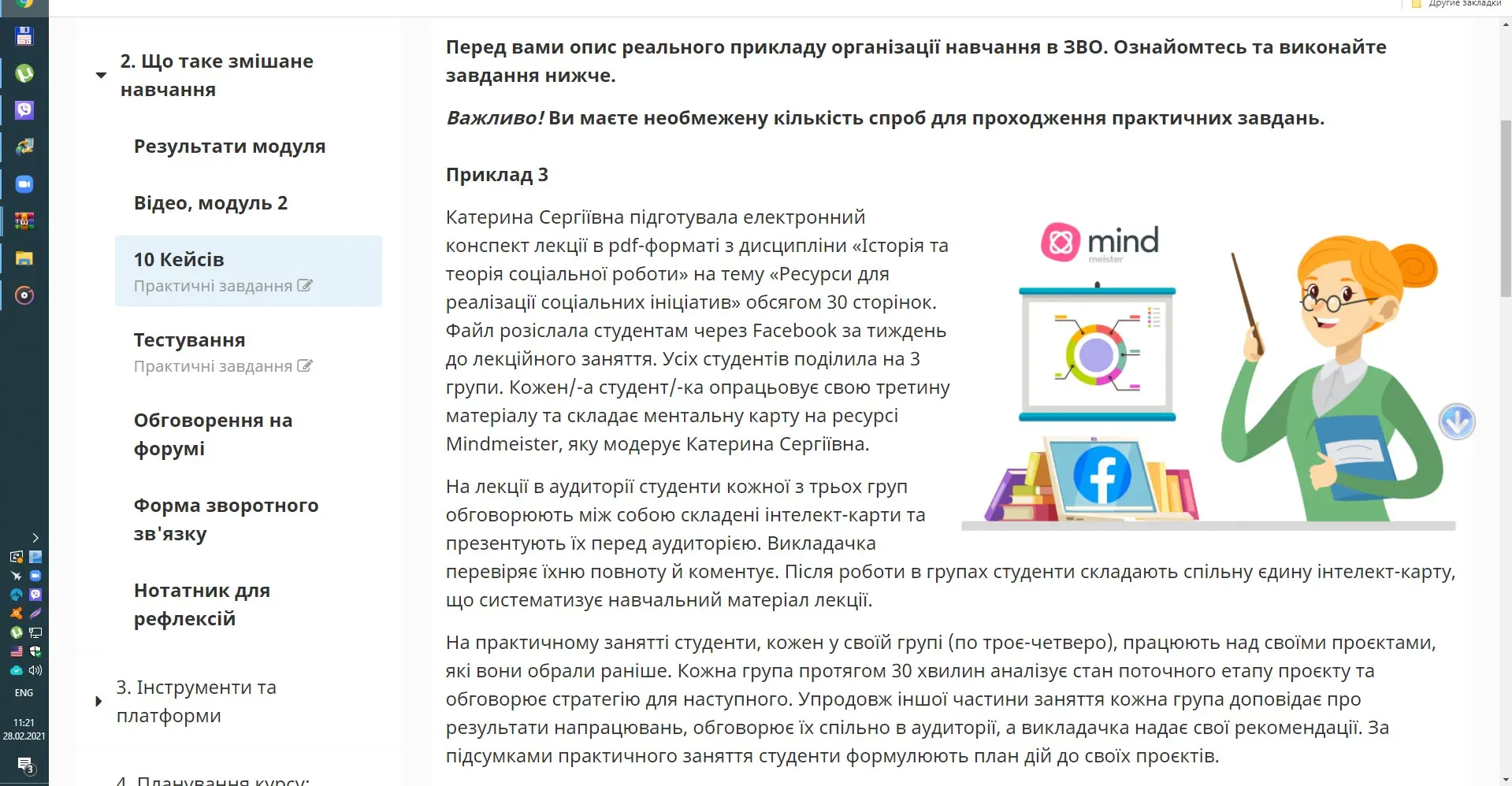
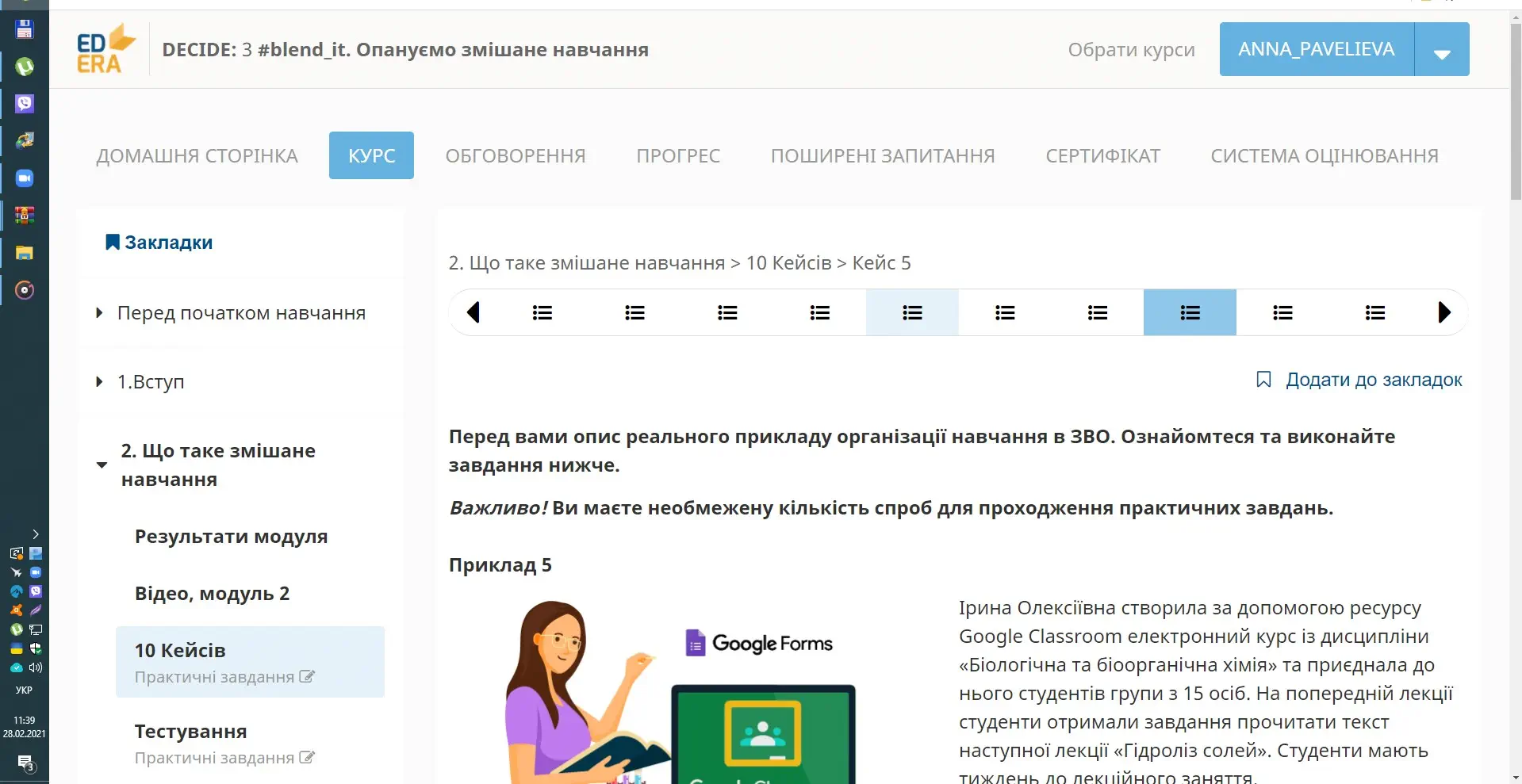
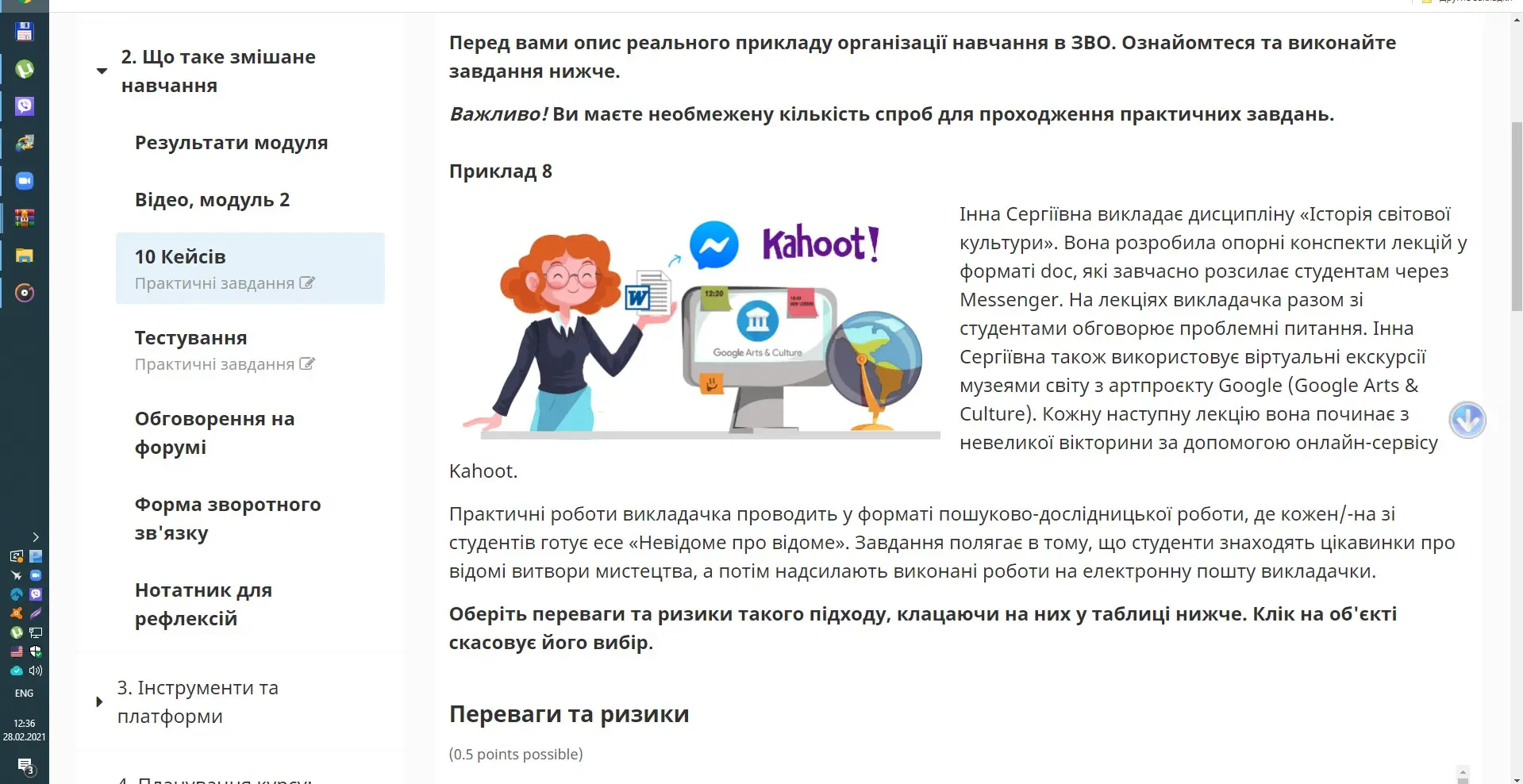
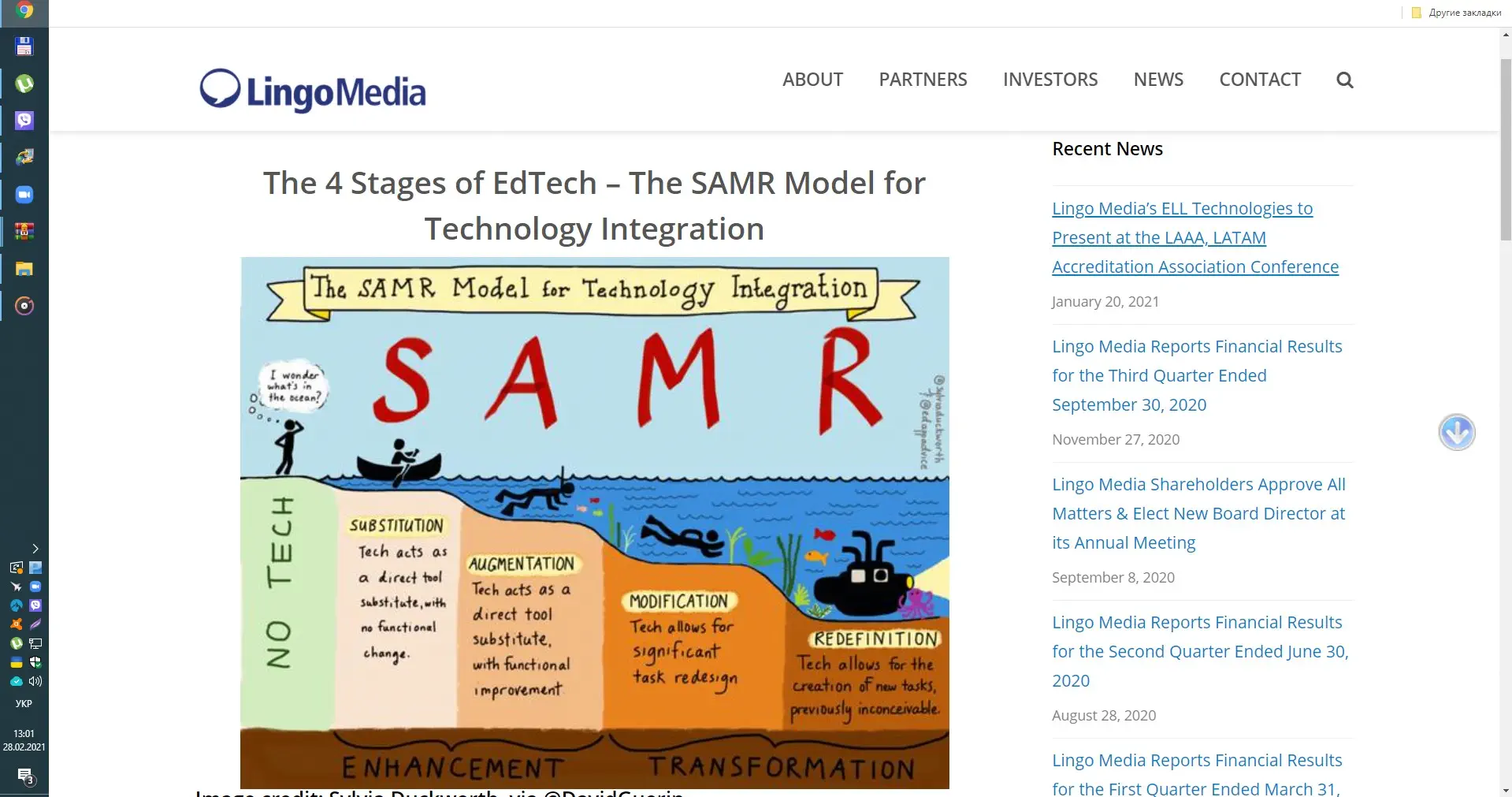
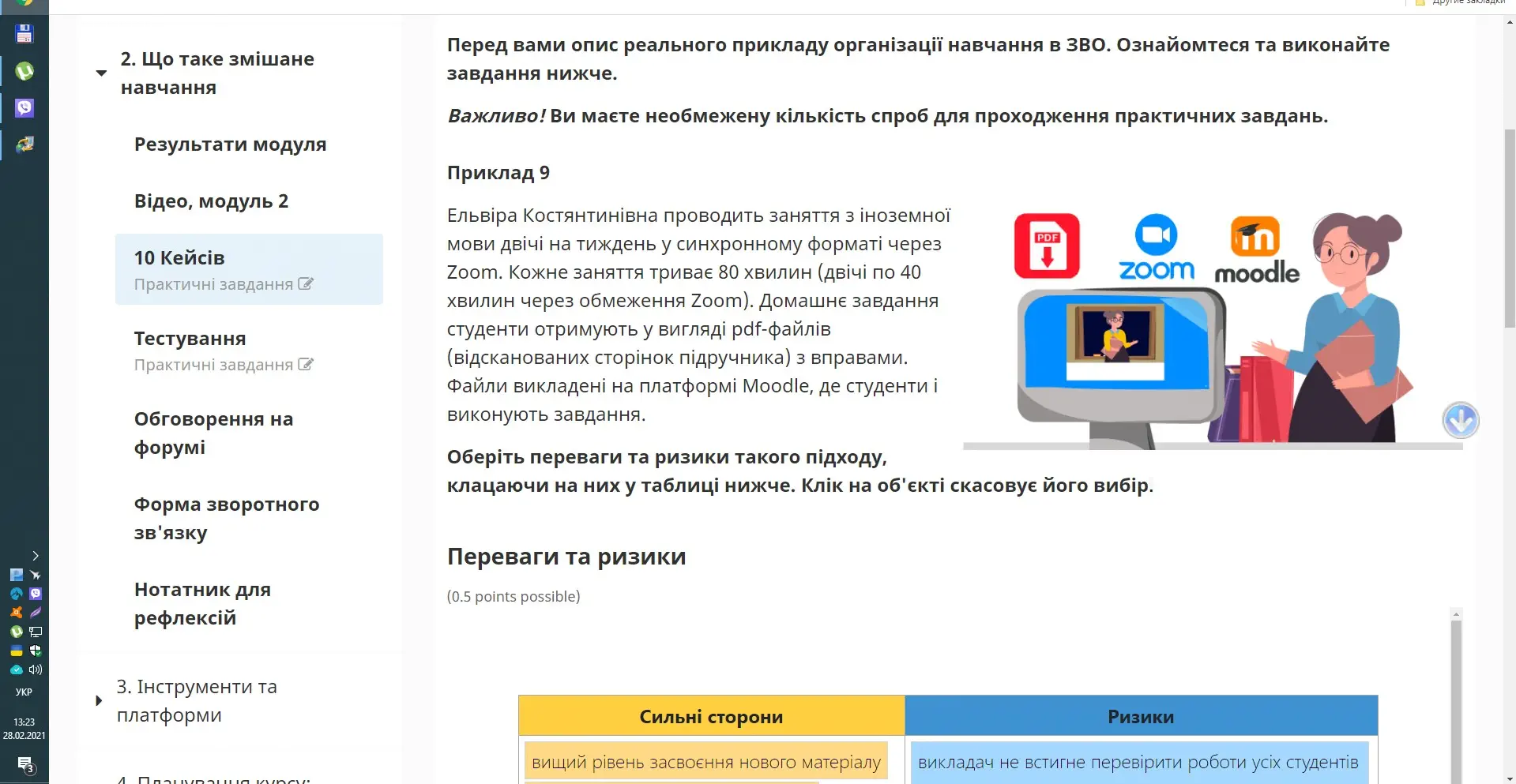
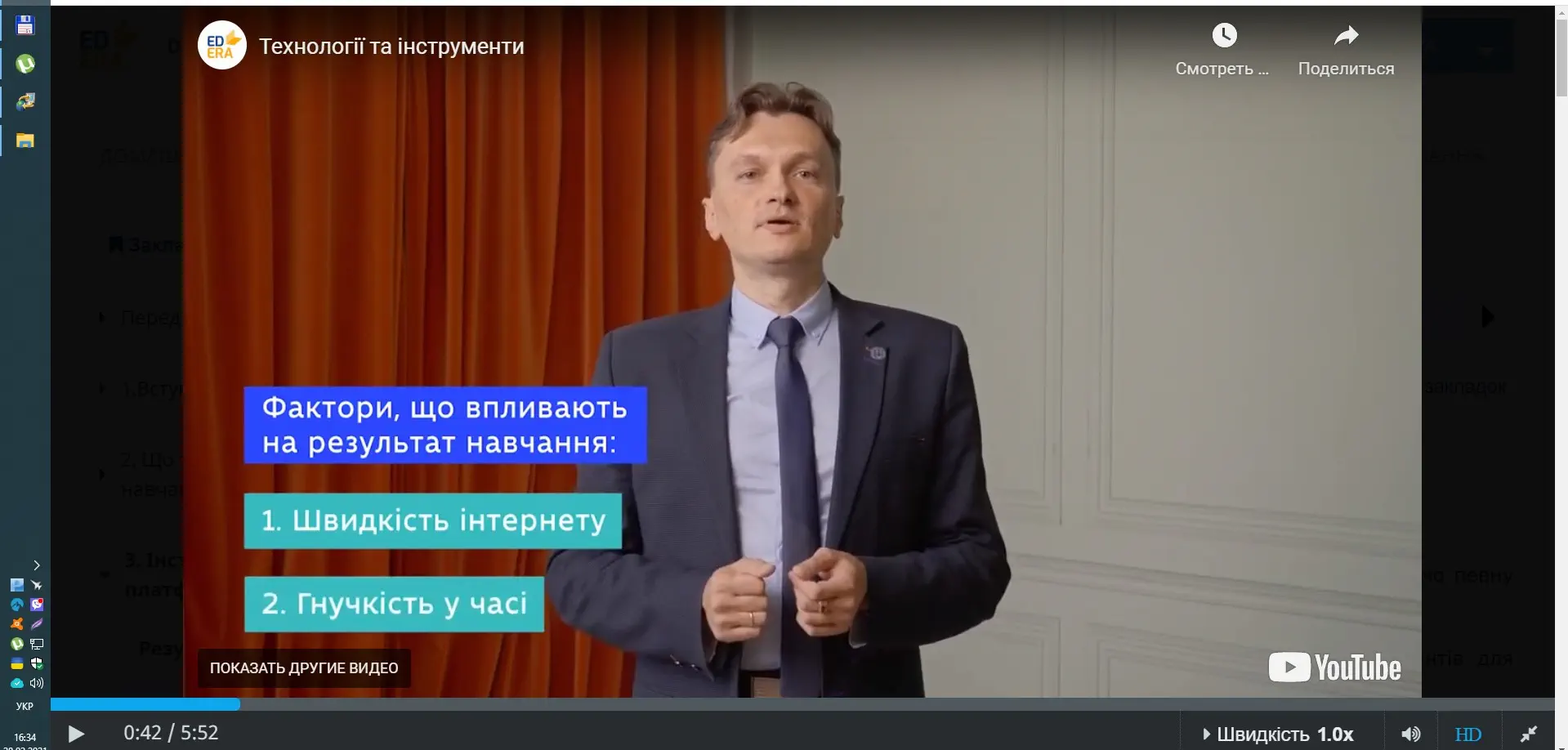
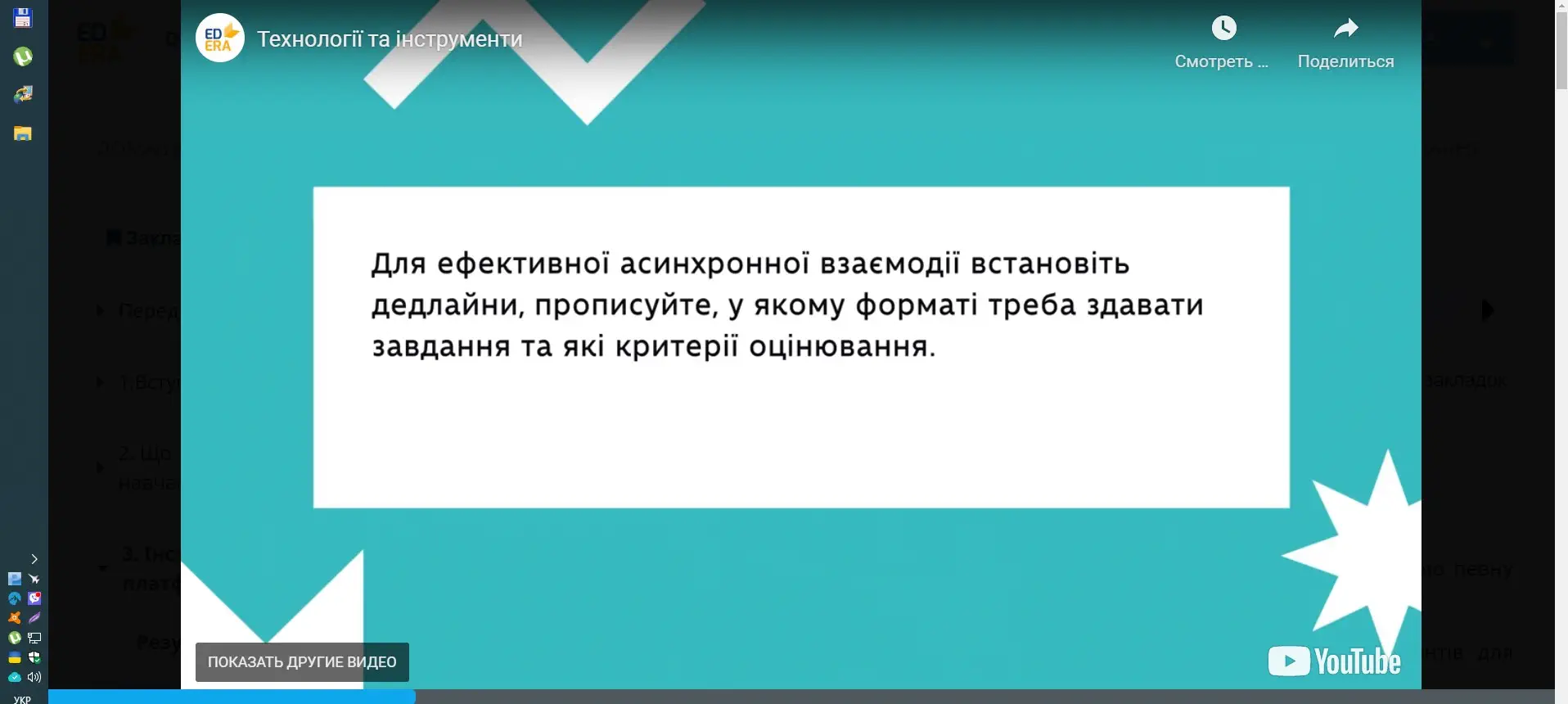
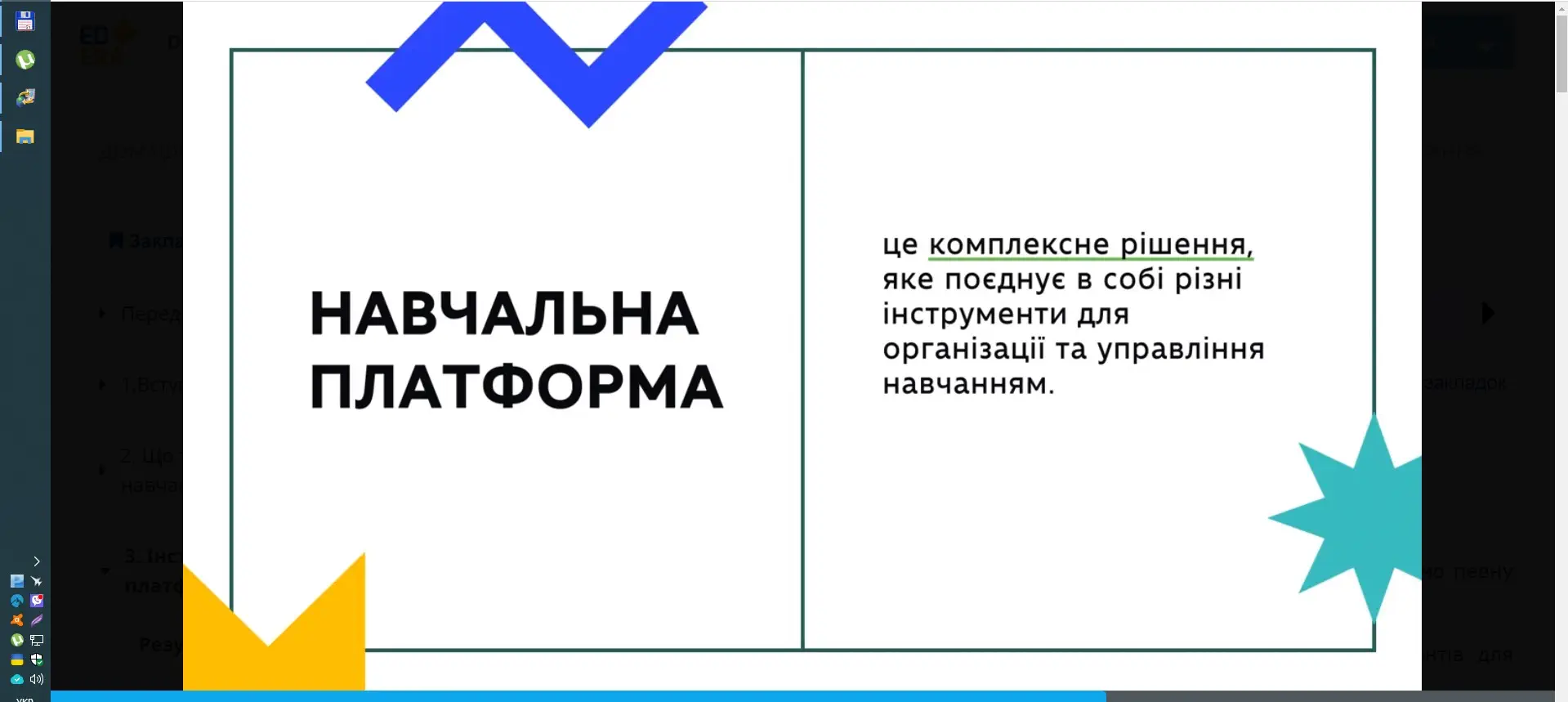
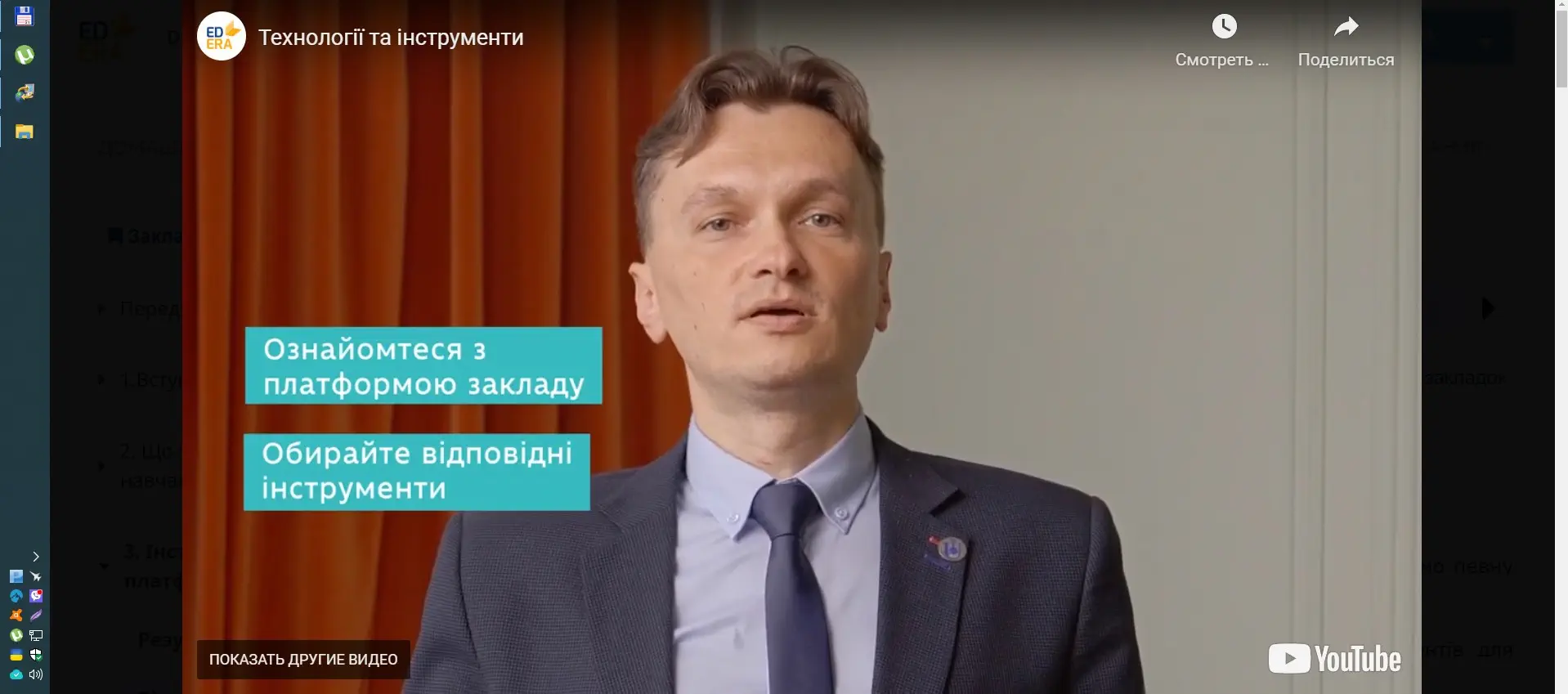
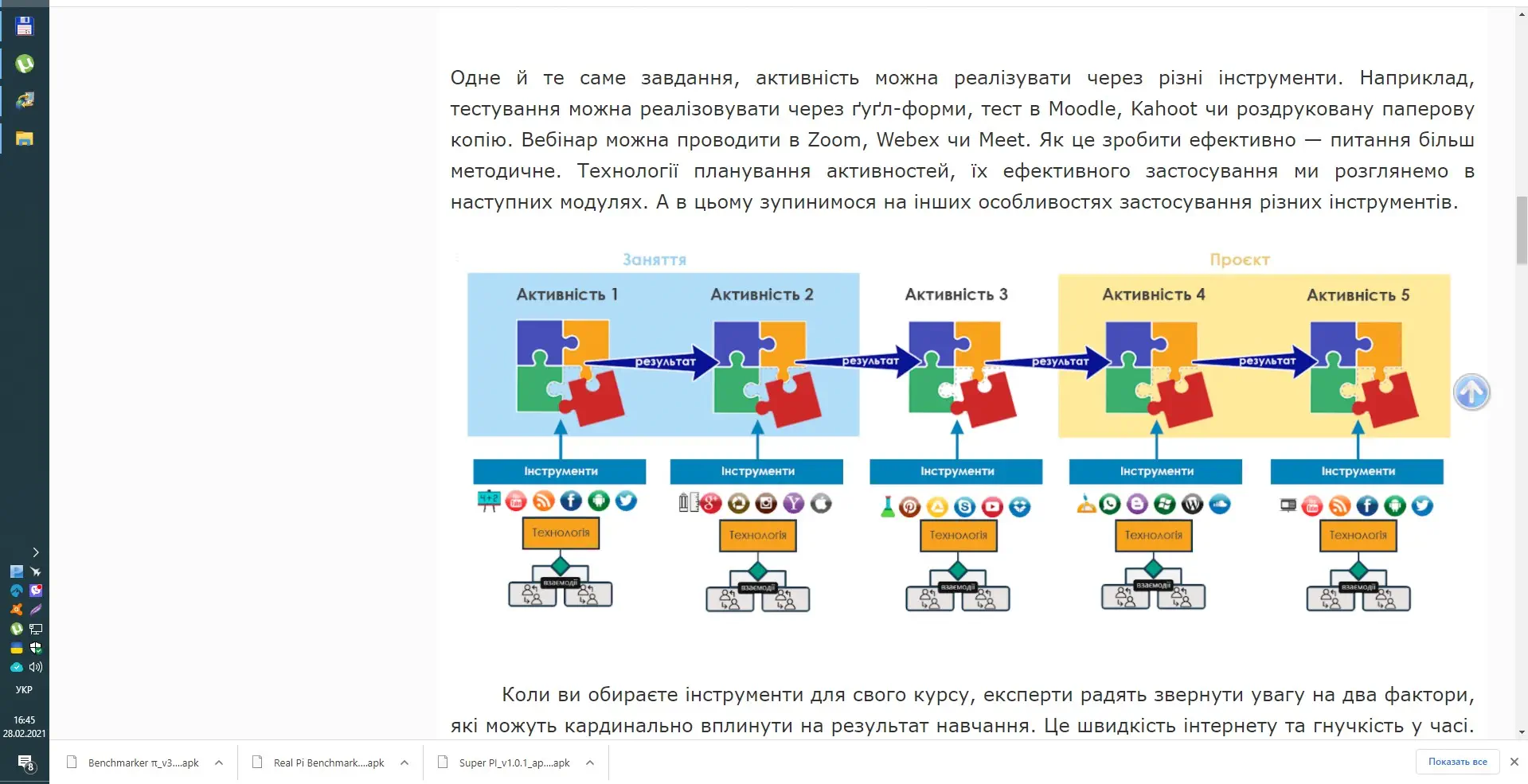
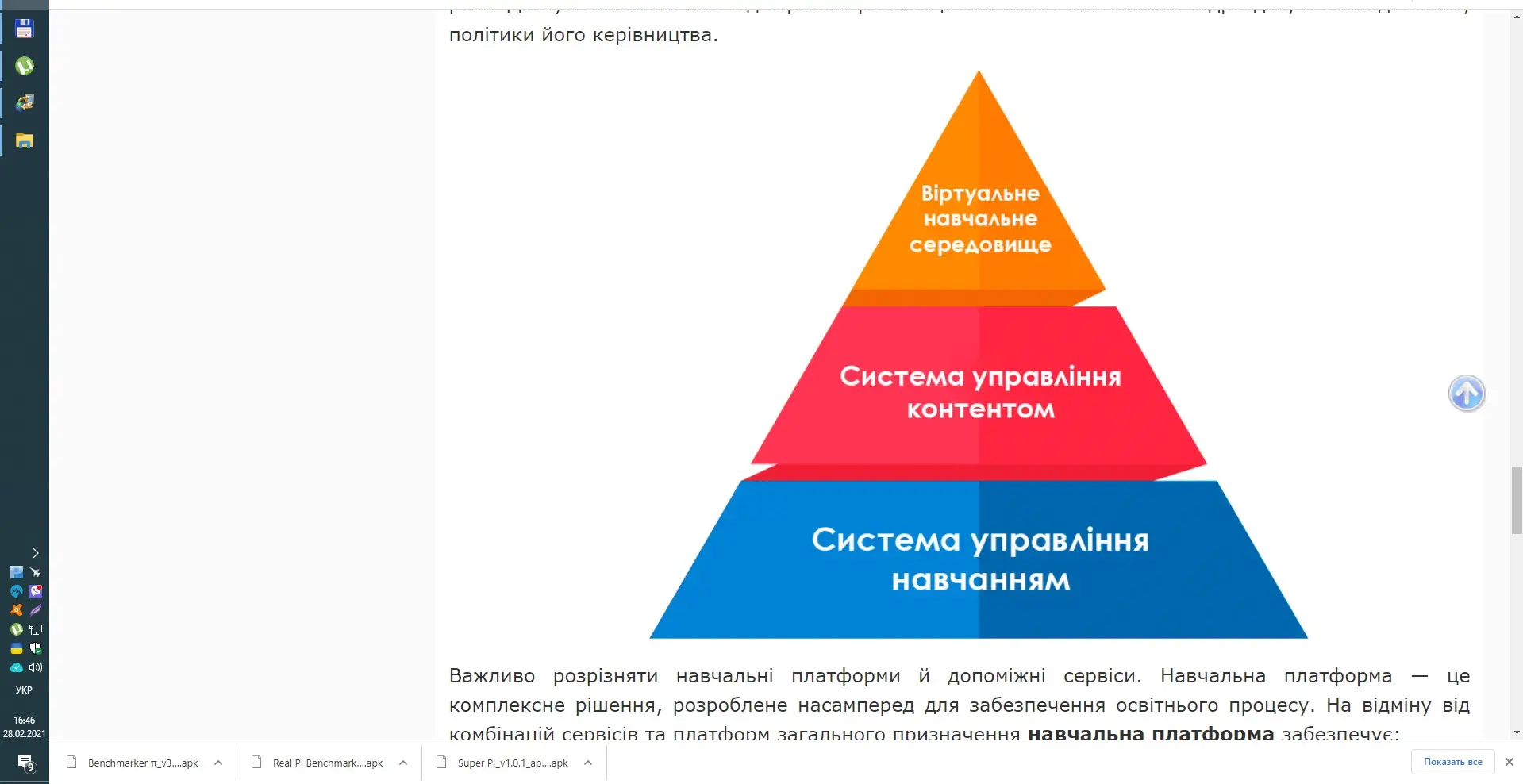
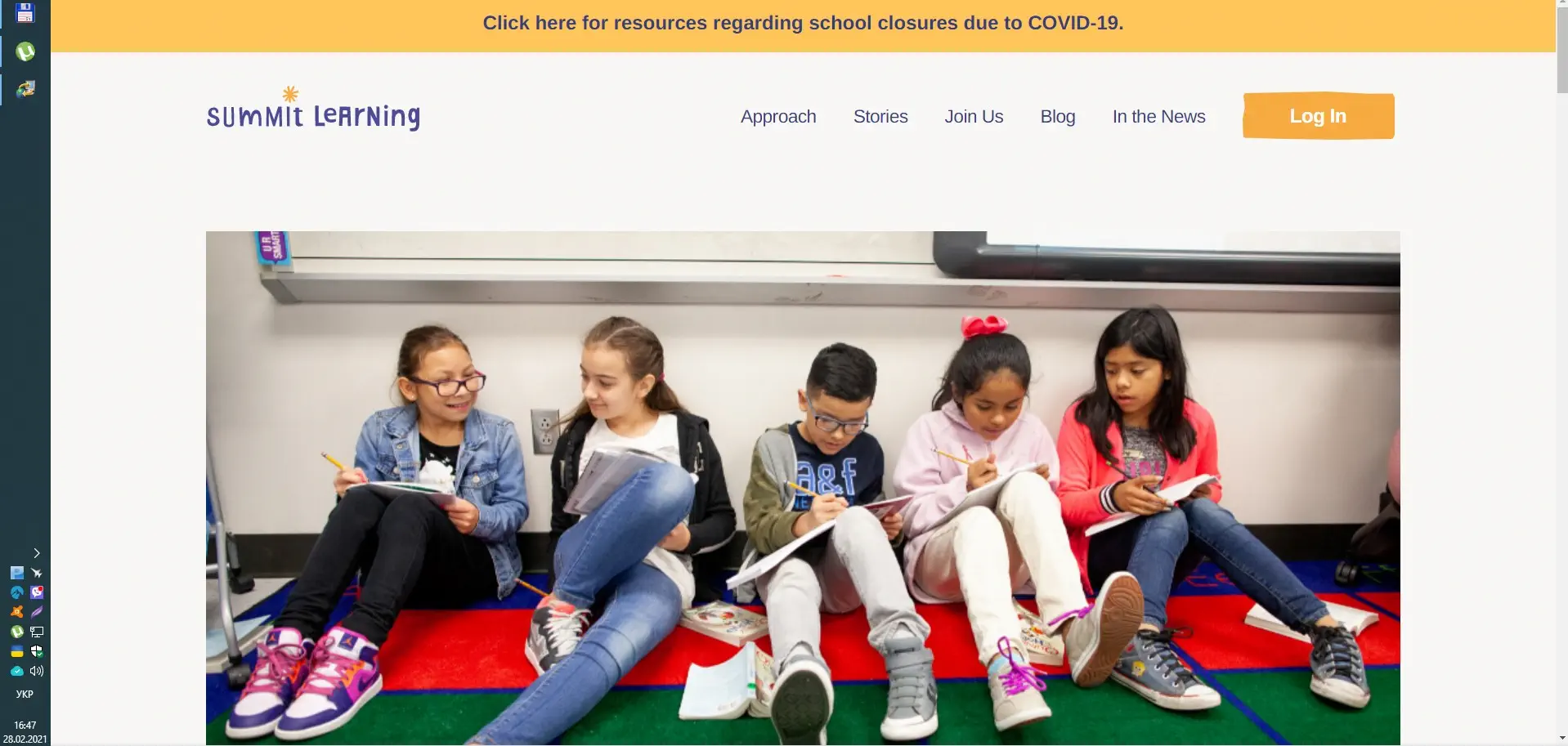
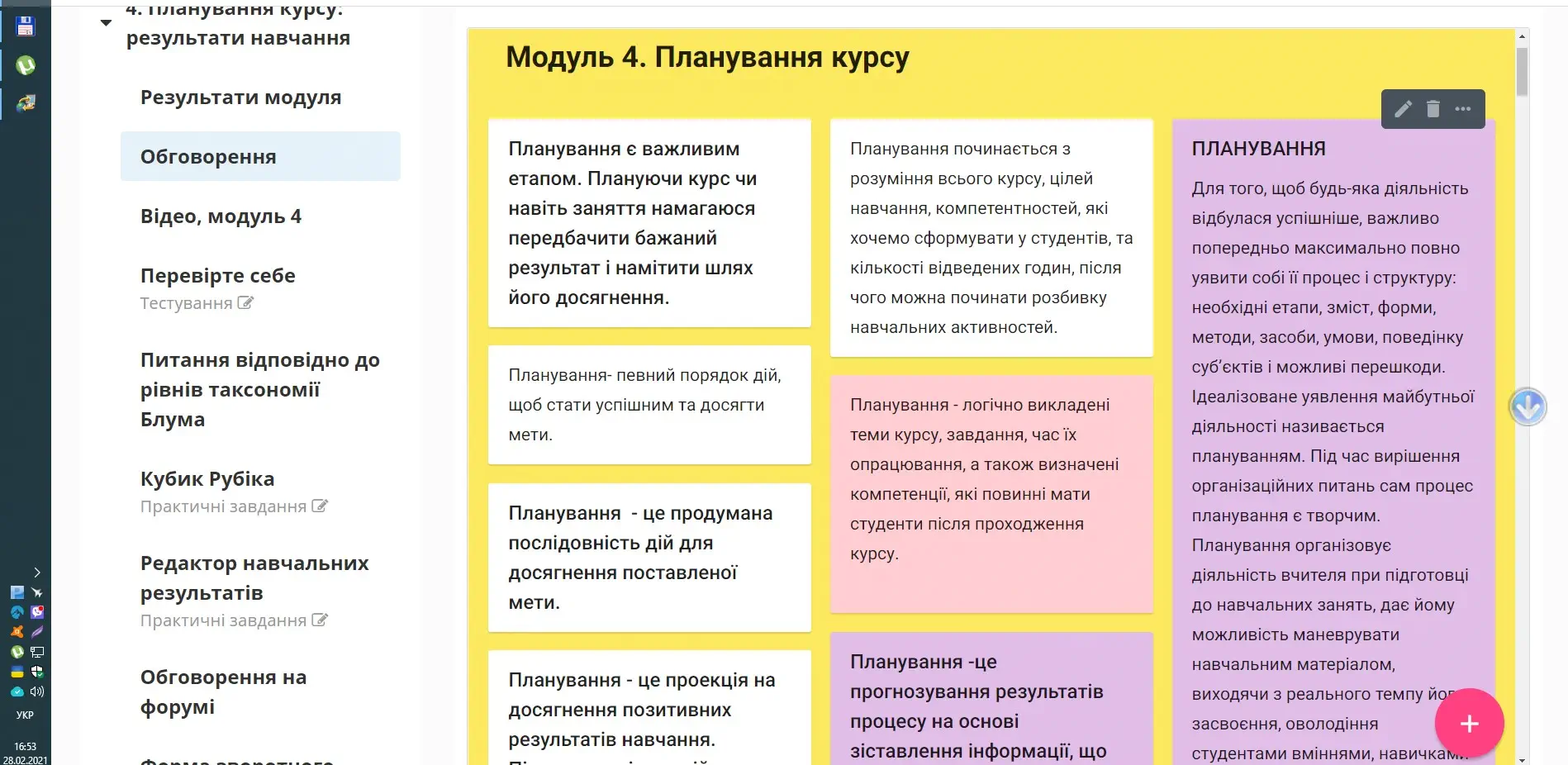
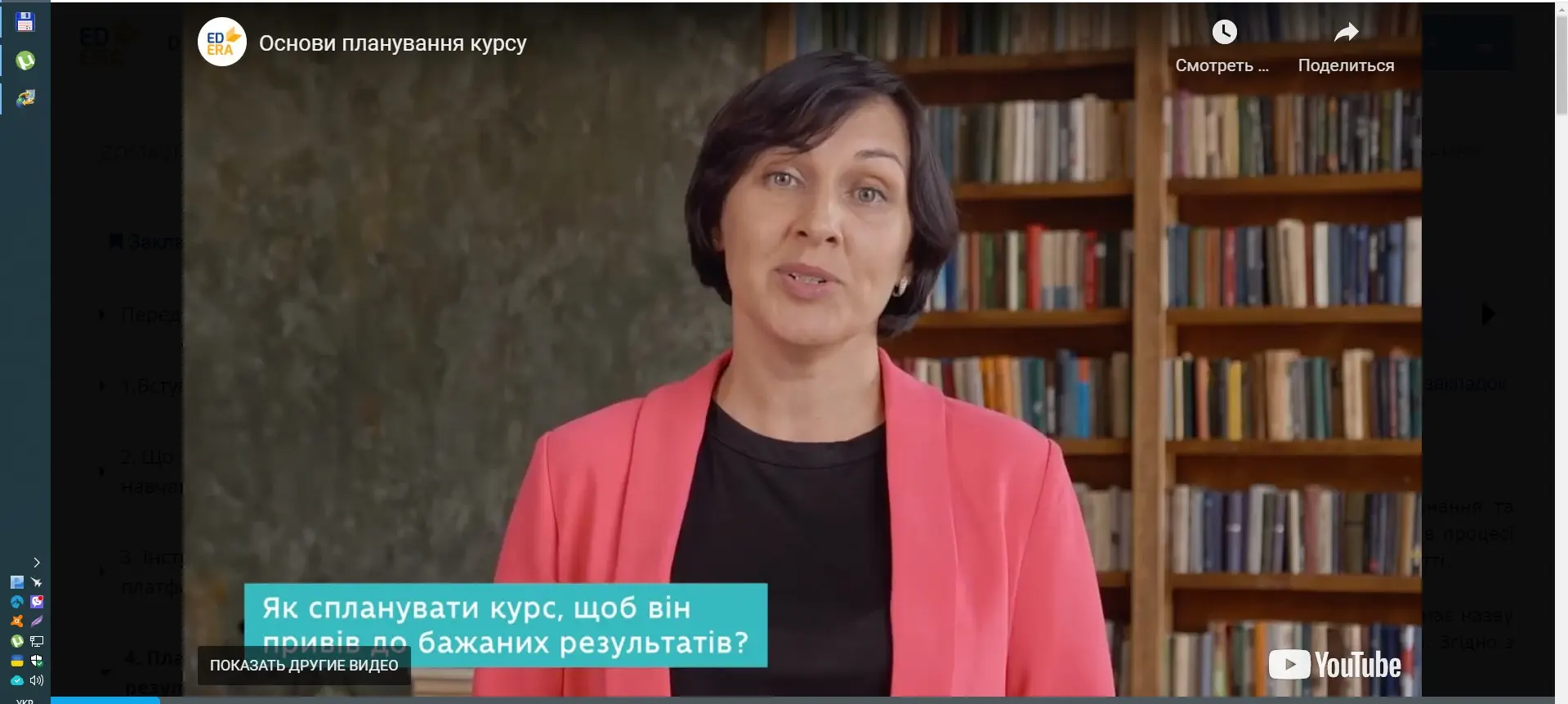
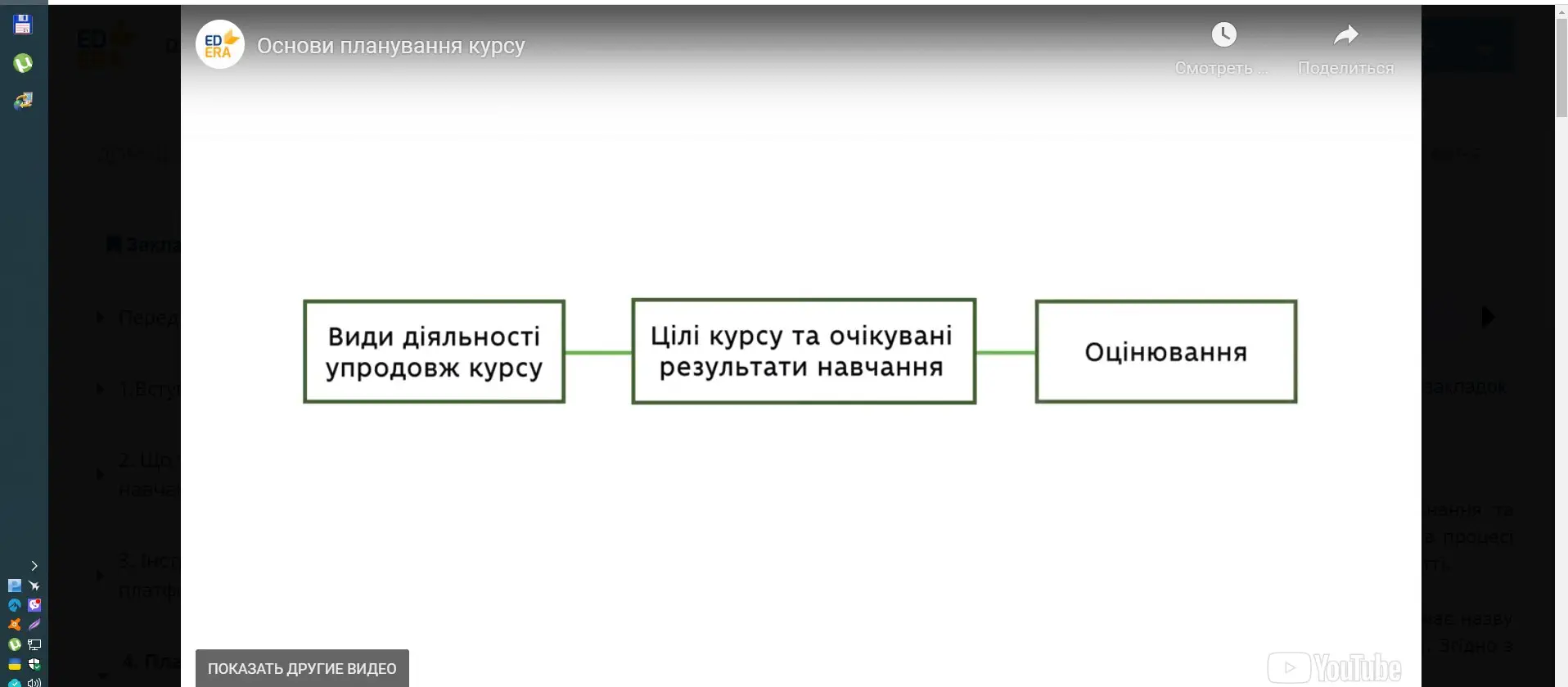
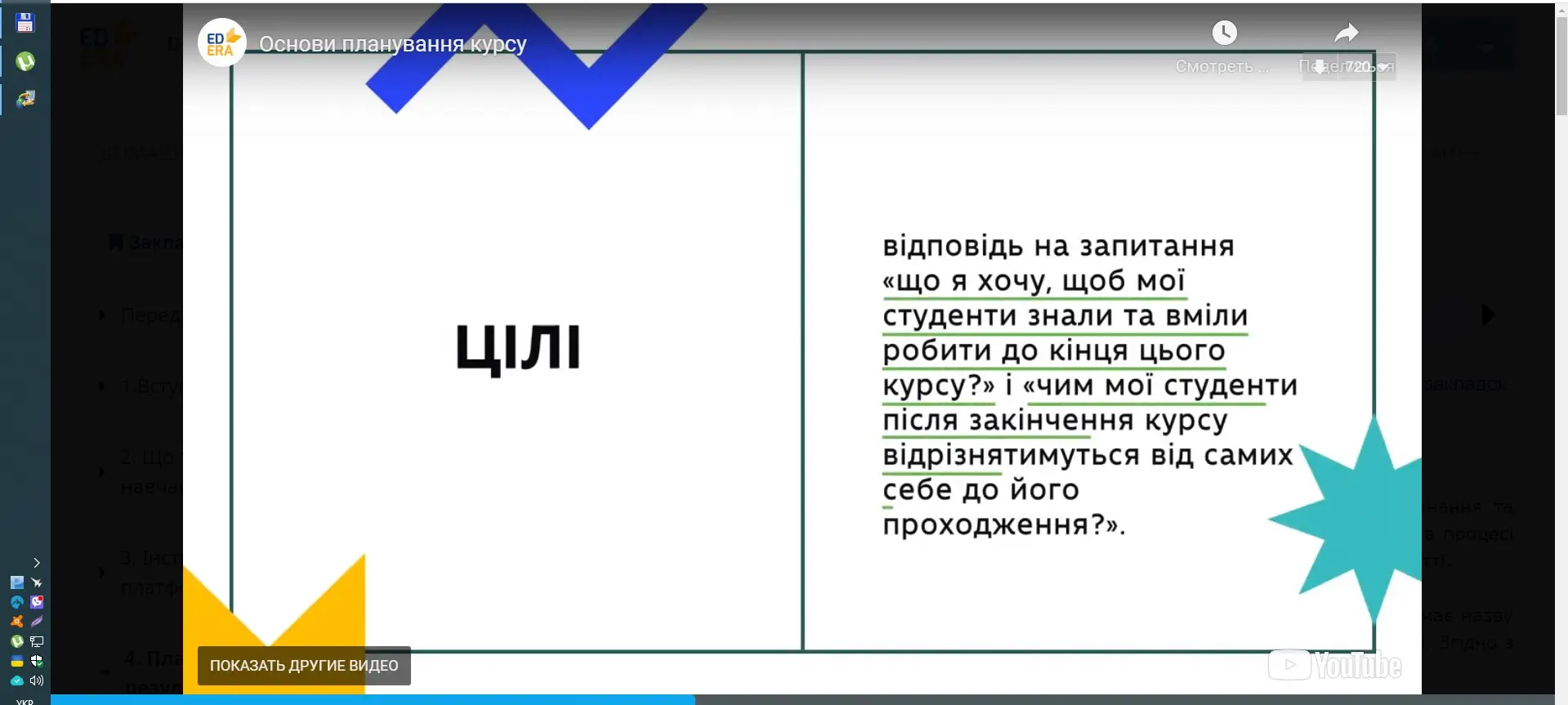
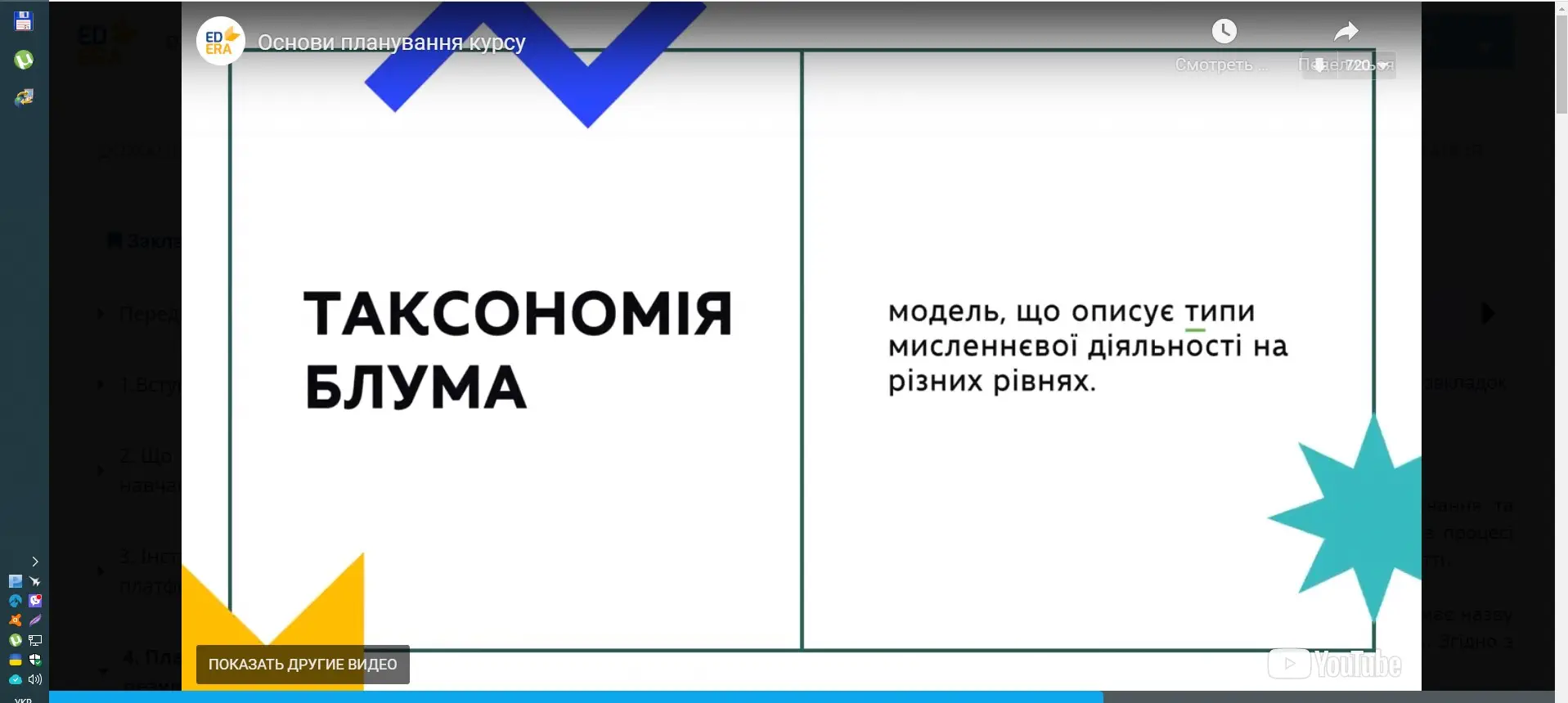
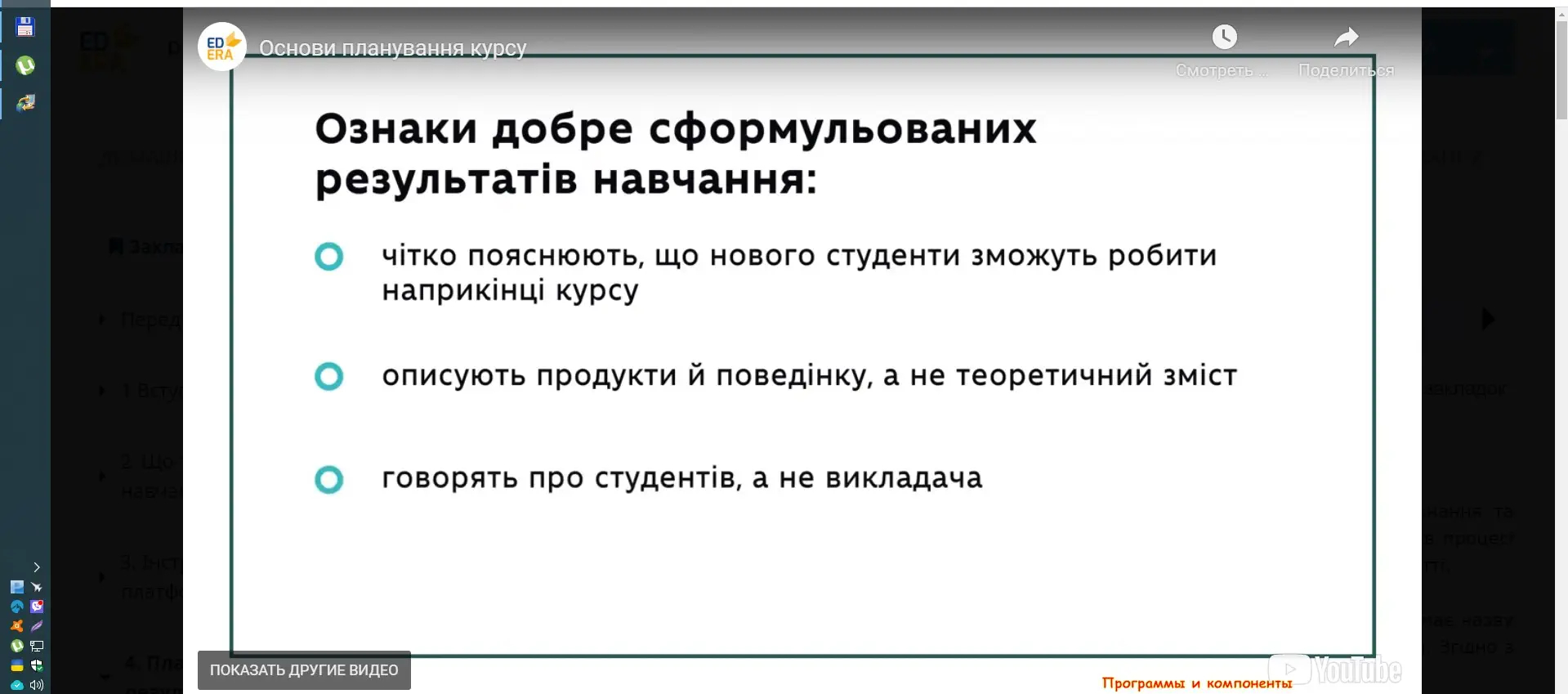
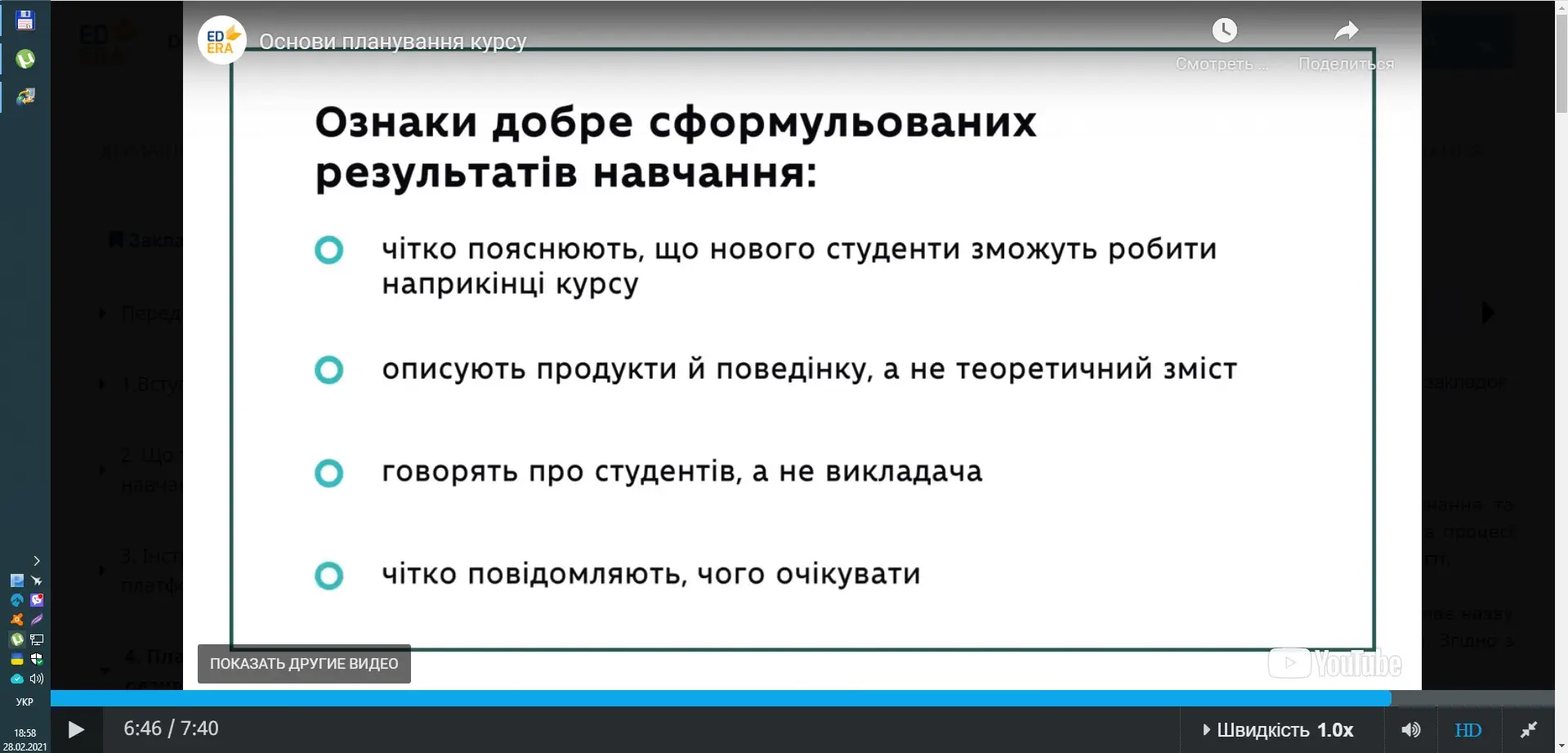
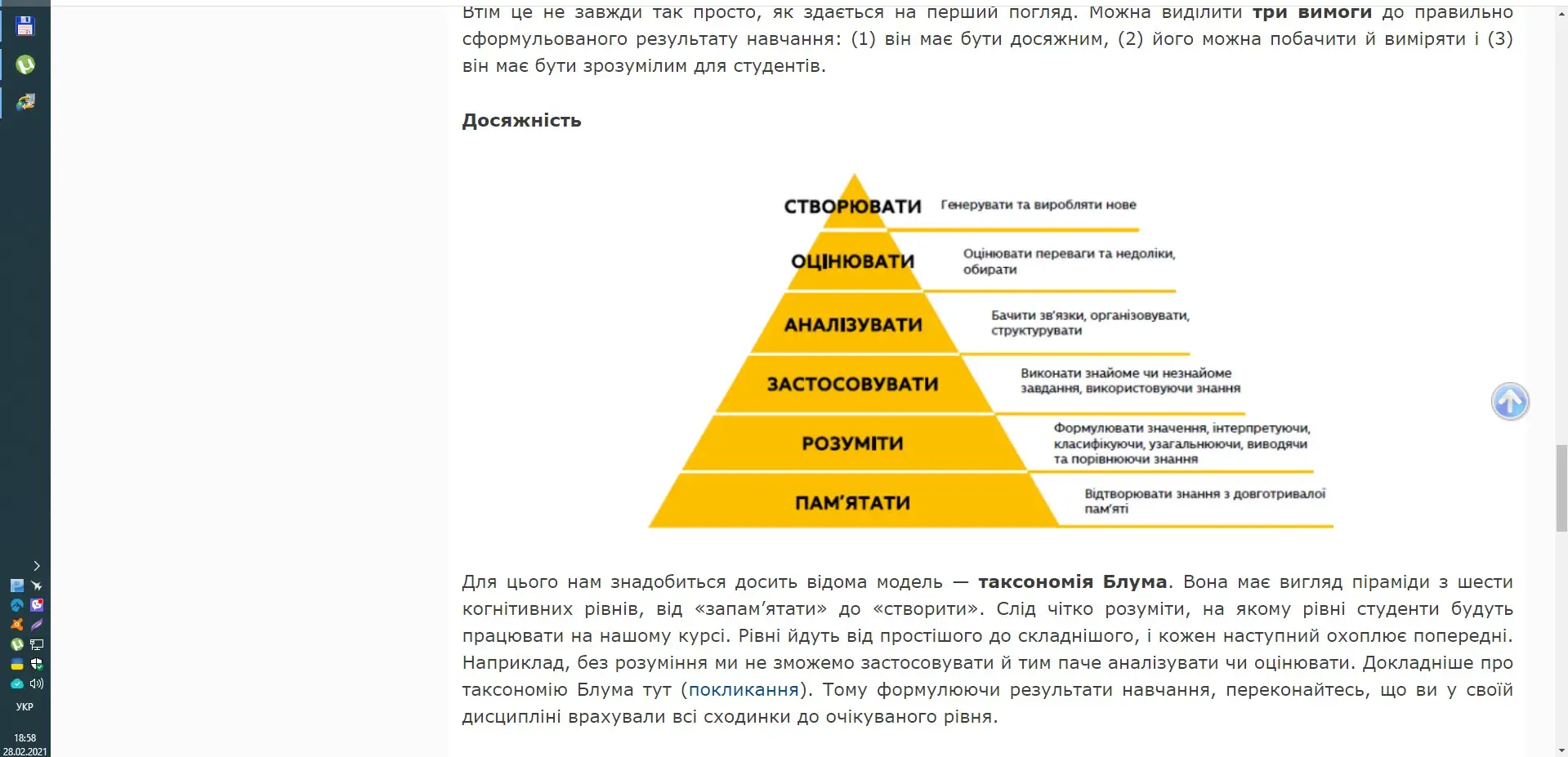
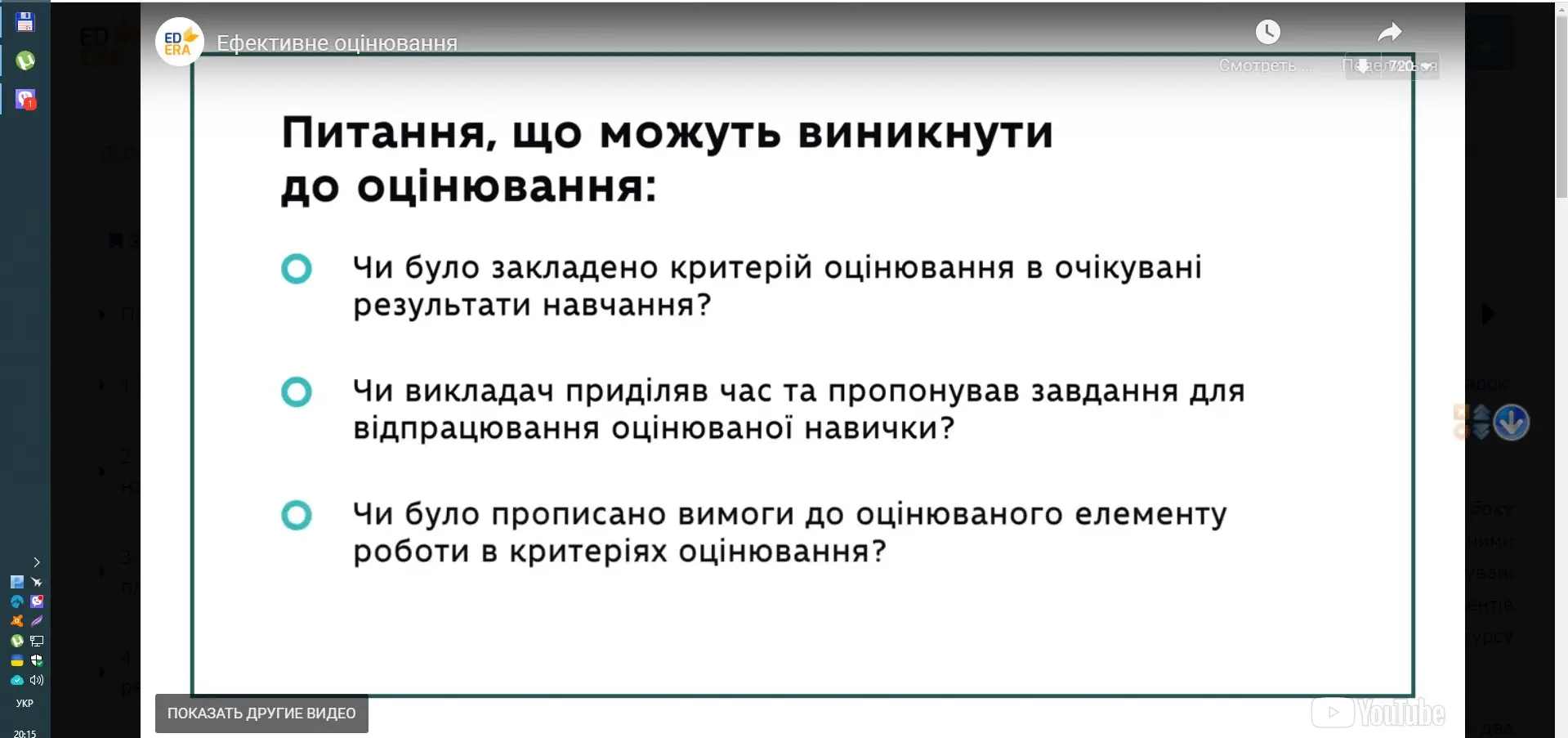
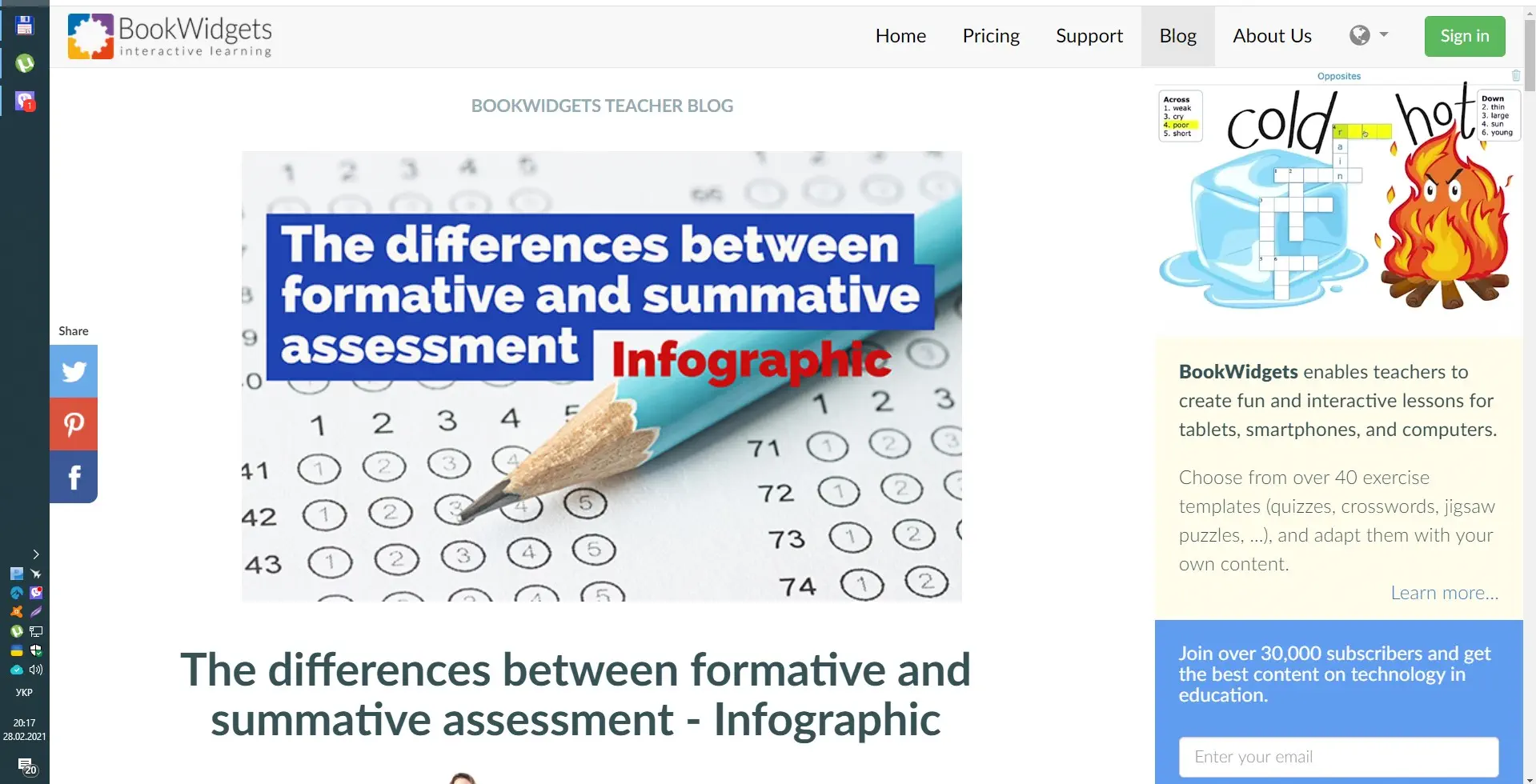
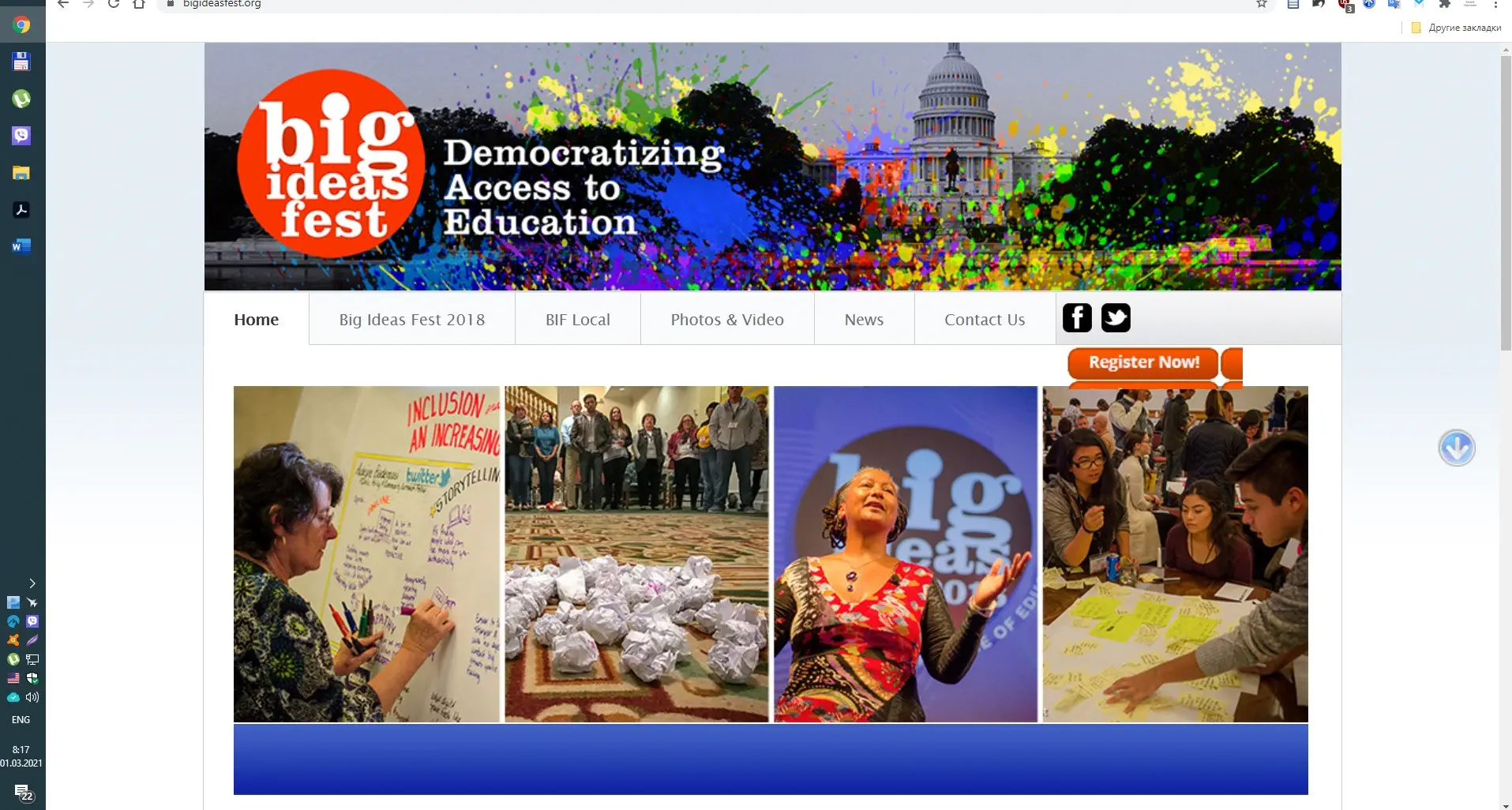
Part two of Article 59 of the Law of Ukraine "On Complete General Secondary Education" and the Procedure (paragraph 6) provide an opportunity to organize and ensure advanced training in any forms and types. Forms of professional development are institutional (full-time (day, evening), part-time, remote, network), dual, in the workplace, in production, etc. In addition, forms of professional development can be combined. According to paragraph 6 of the Procedure, the main types of professional development are training in the advanced training program (including participation in seminars, workshops, trainings, webinars, master classes, etc.), as well as internships.
Previously, academic staff of Faculty of Humanities learned about innovative cases on teaching foreign languages during the pandemic from the British Council, participated together with students in course of Australian University, took an active part in the annual international online conference "ELTOC-2021" and in the international scientific and practical conference "Cambridge Days Ukraine 2021".
Media Center of
National University “Yuri Kondratyuk Poltava Polytechnic”
